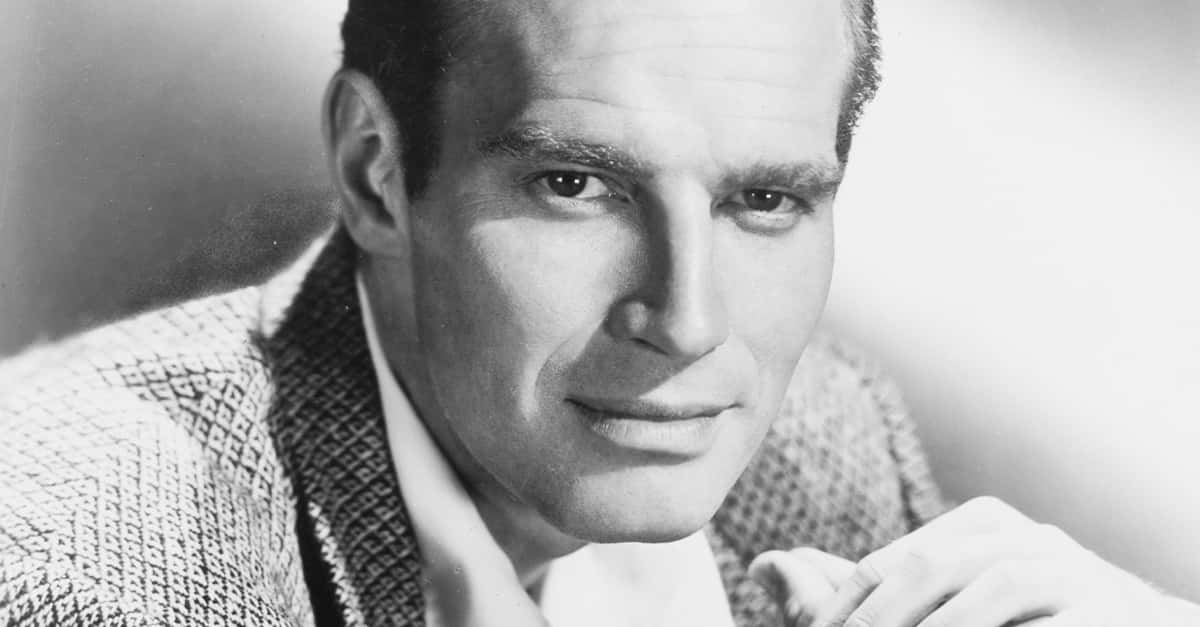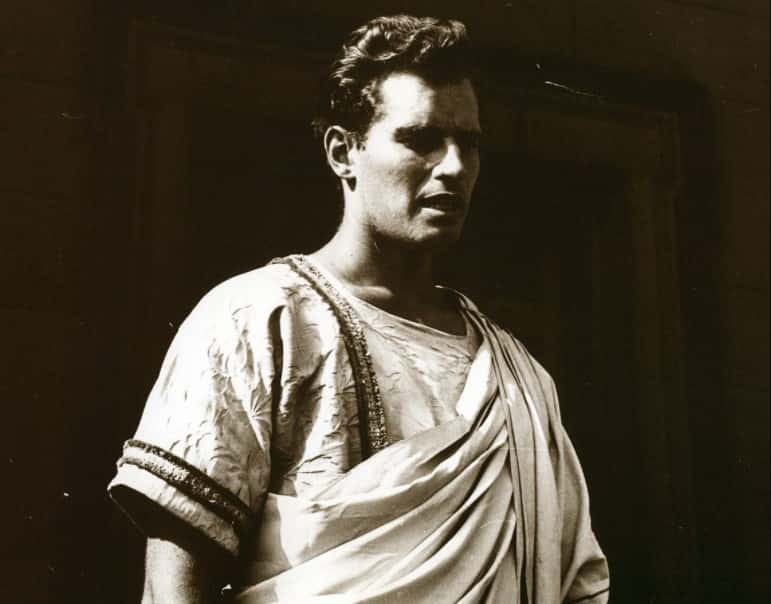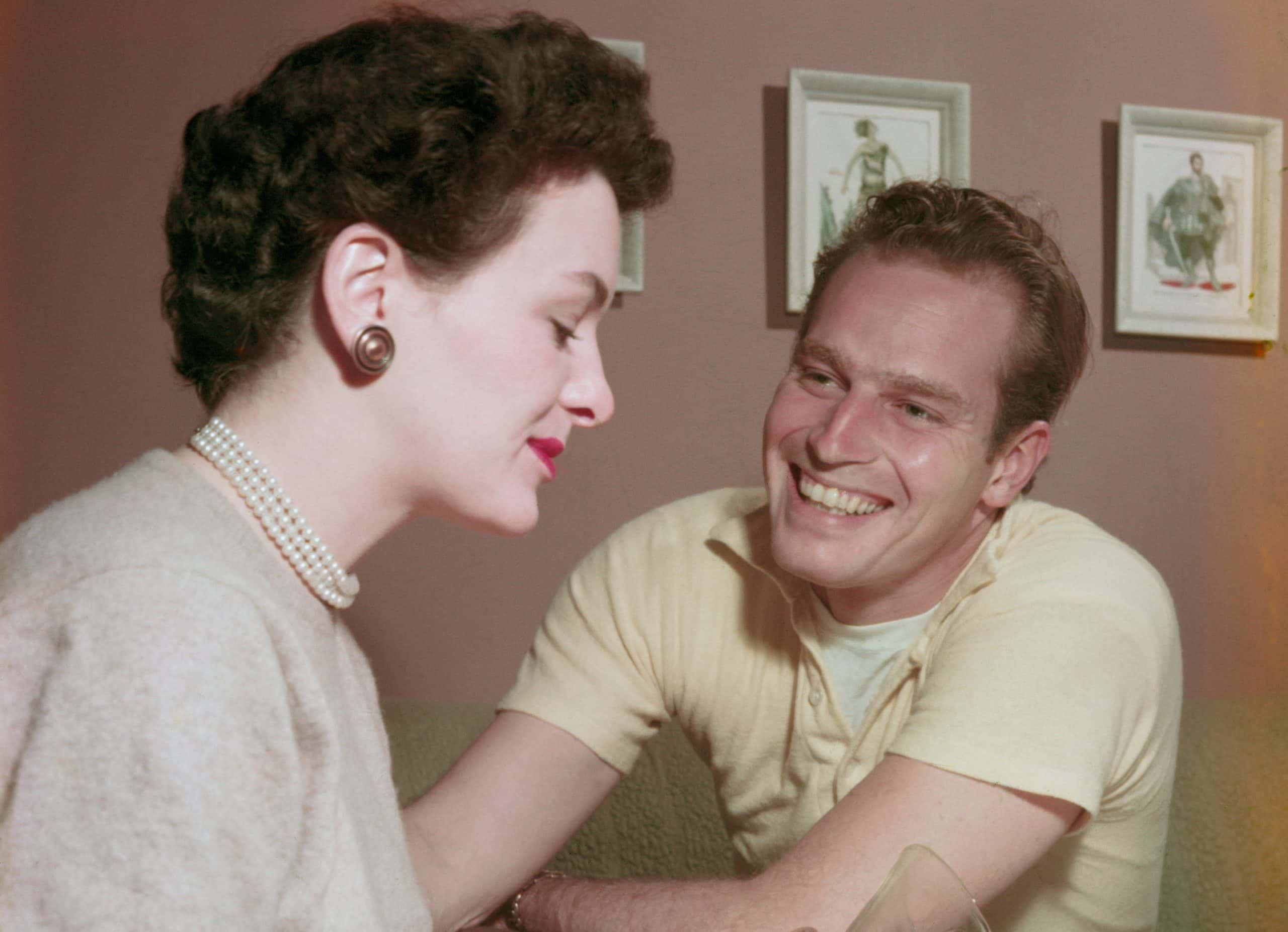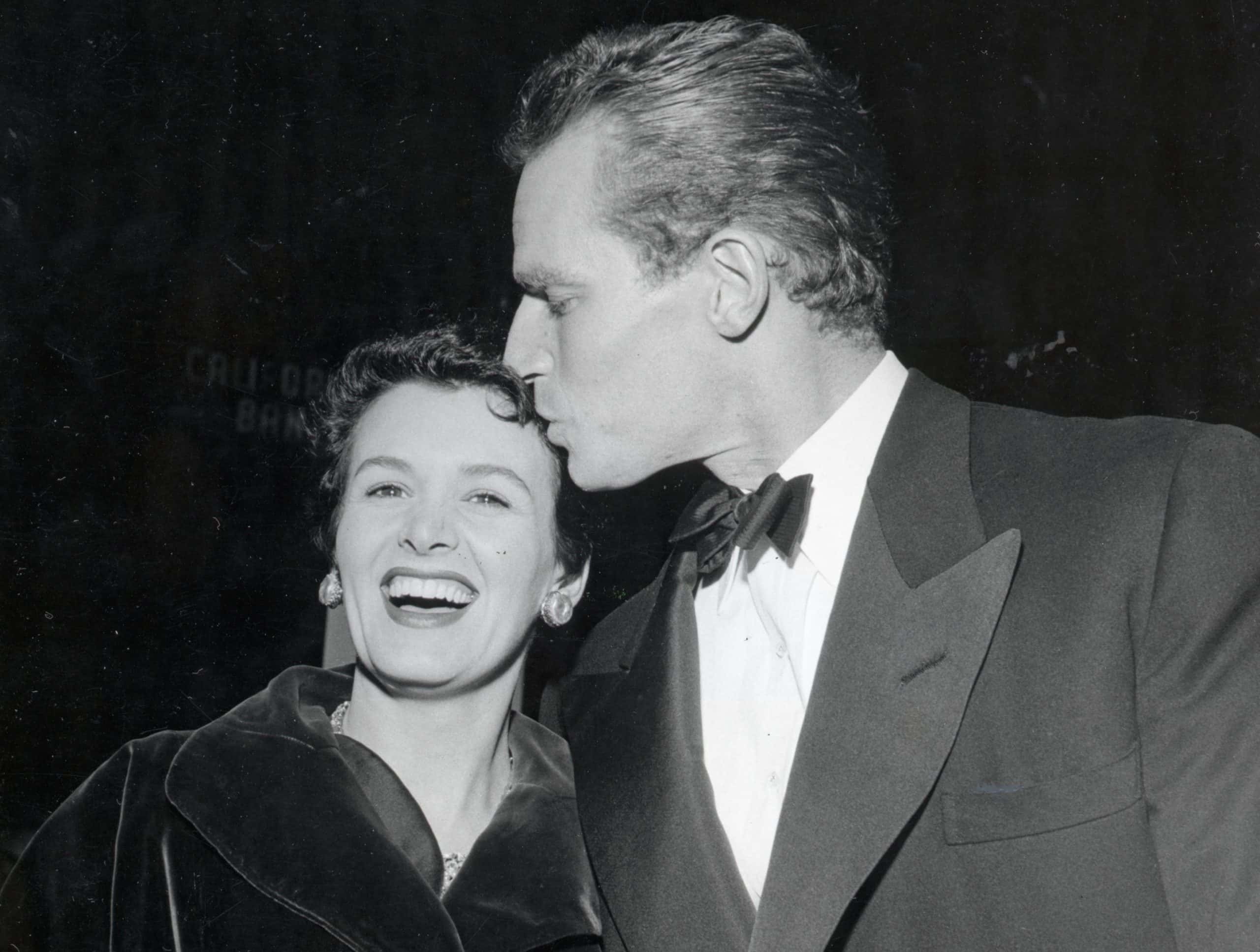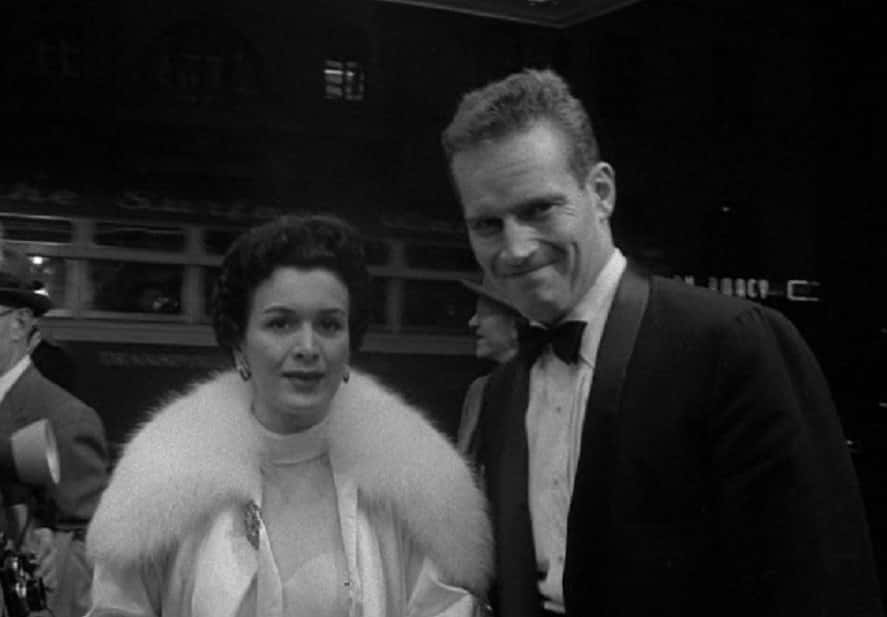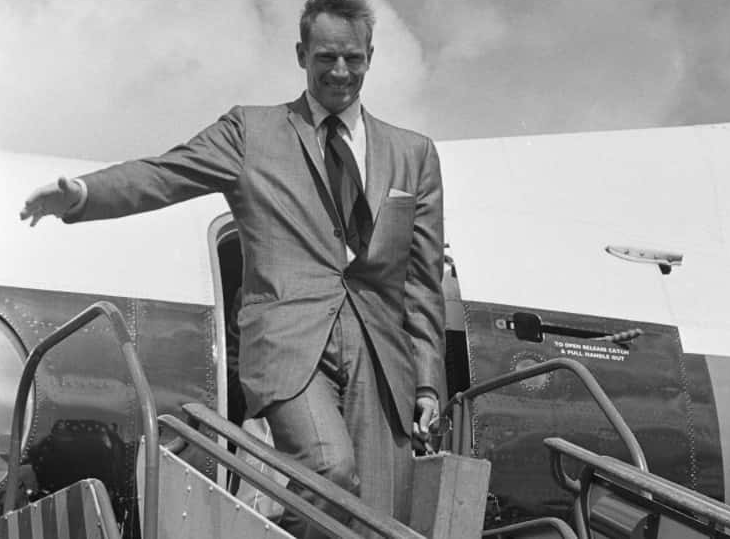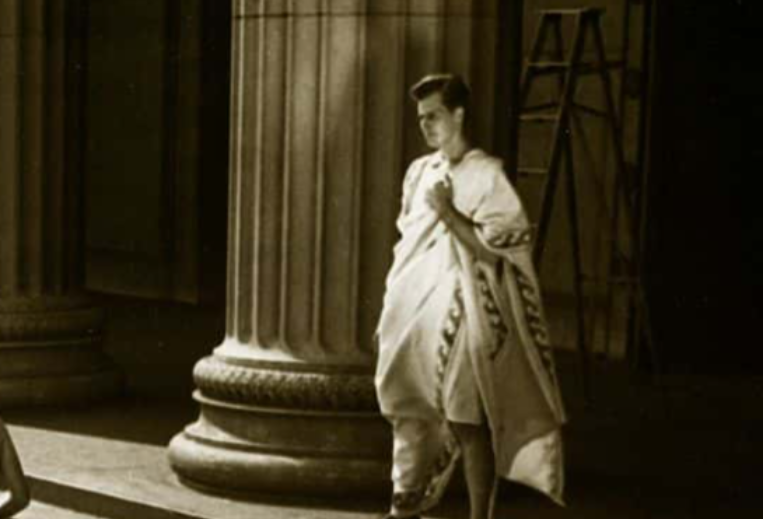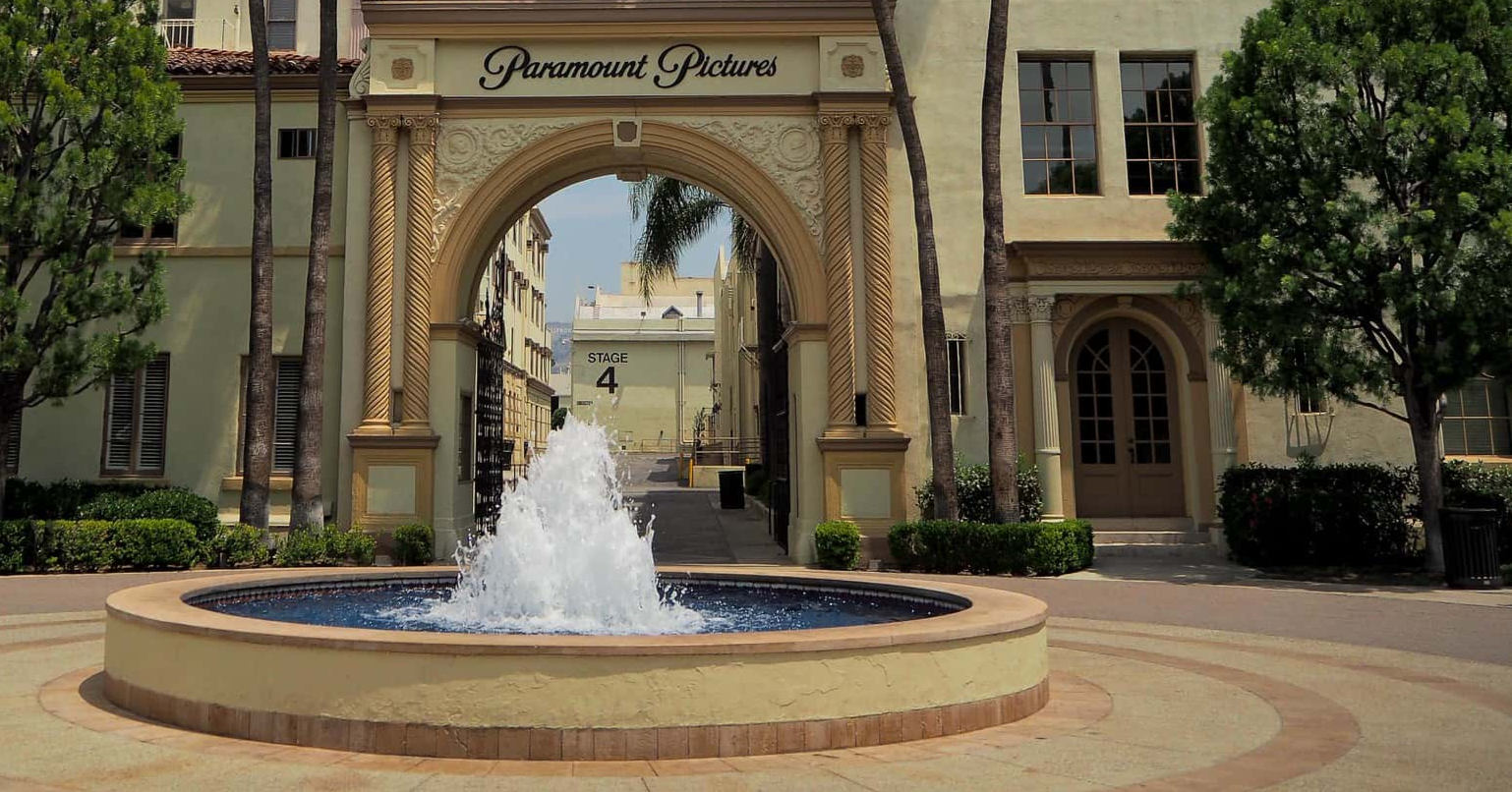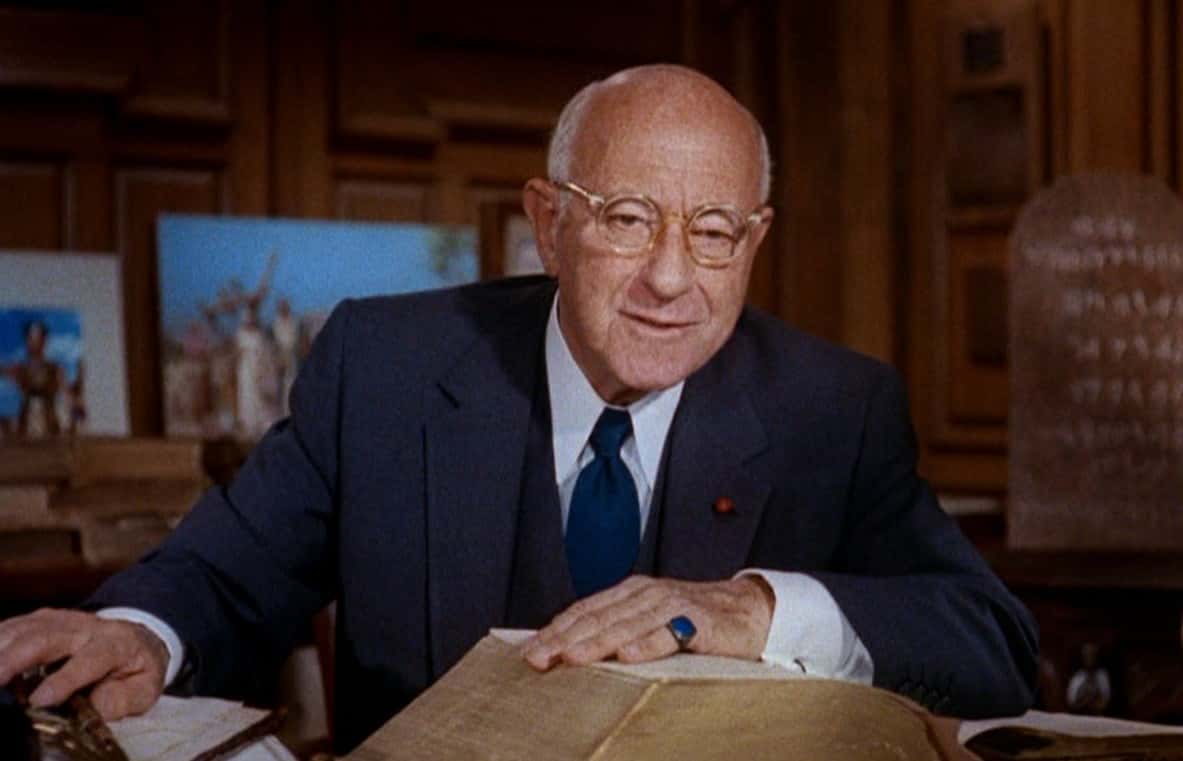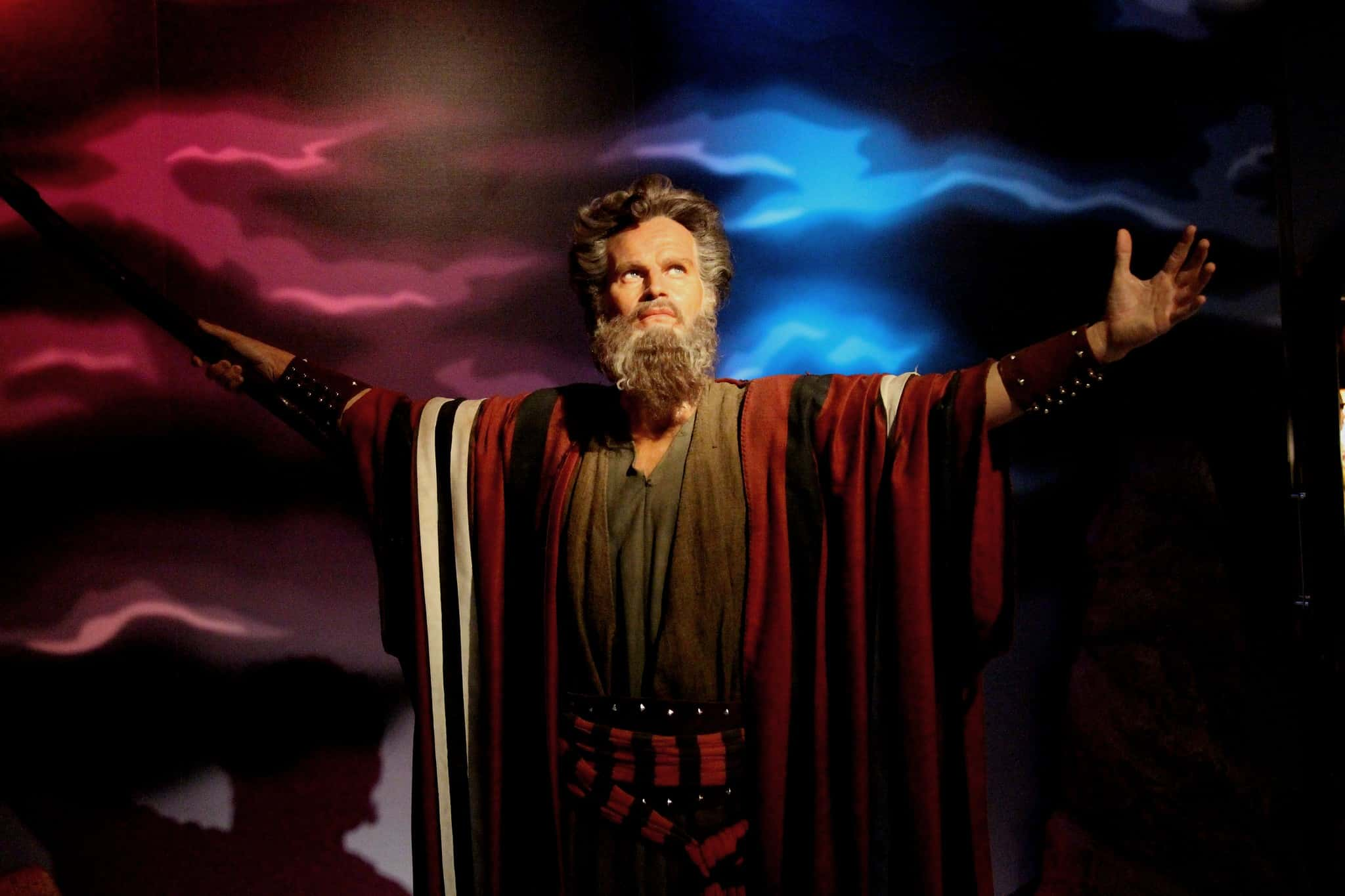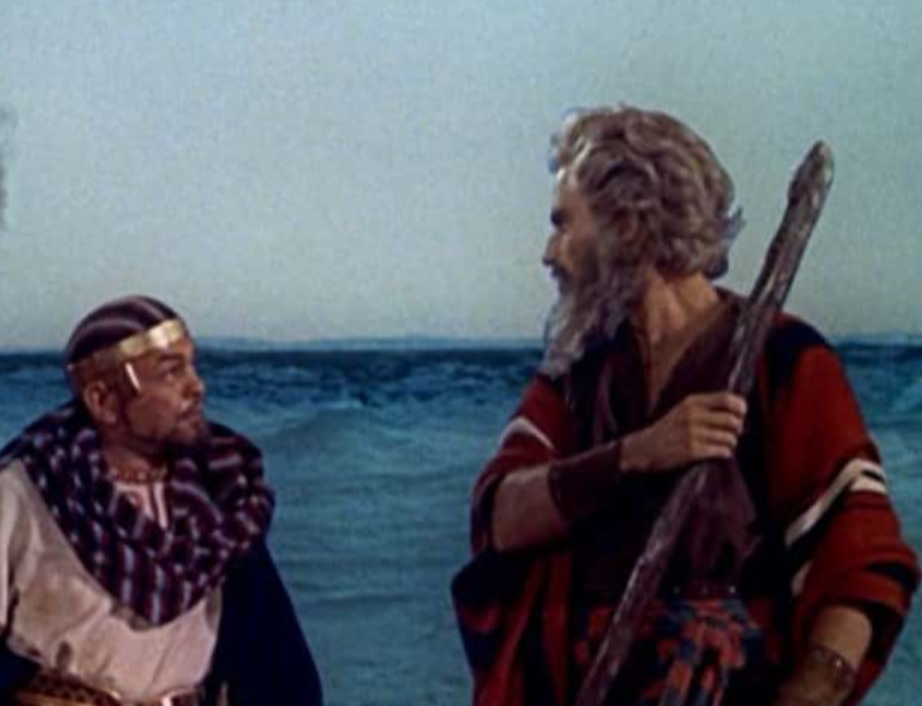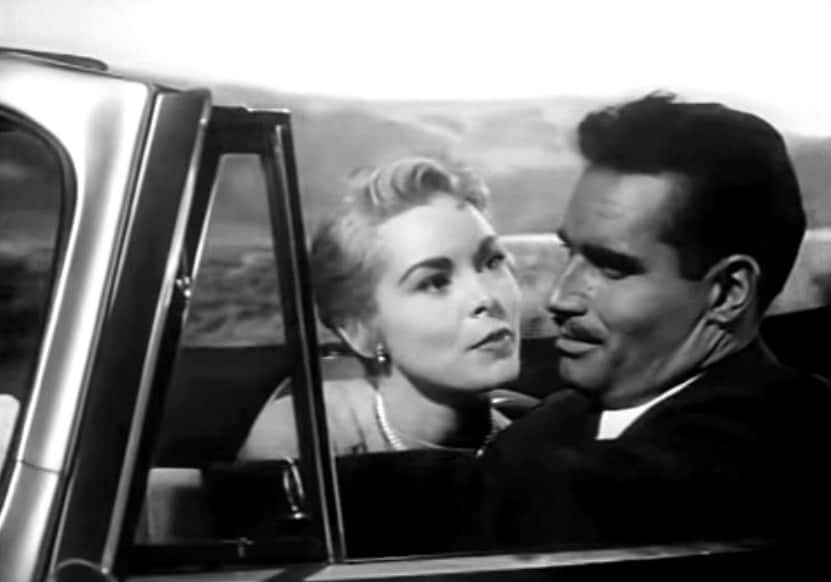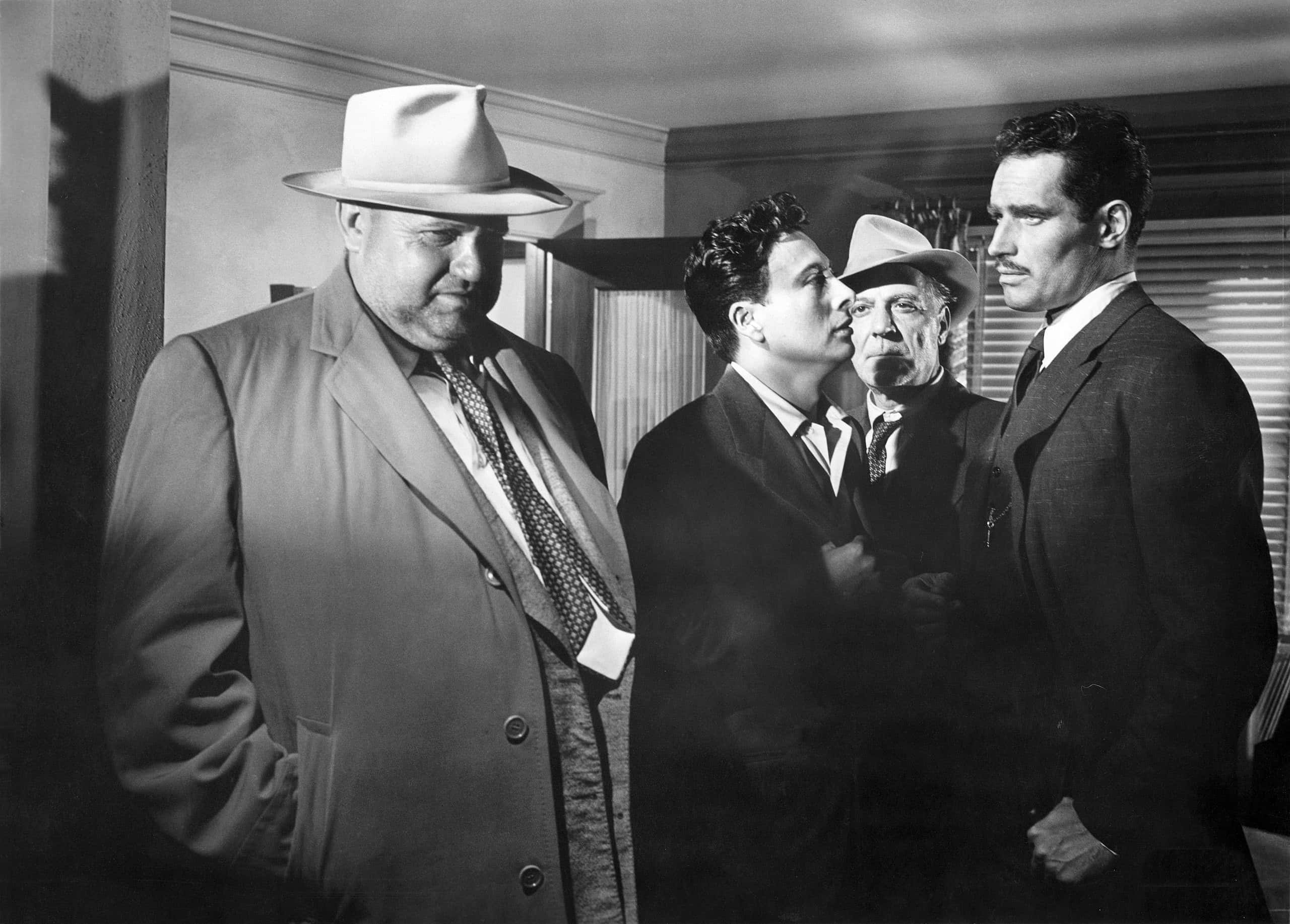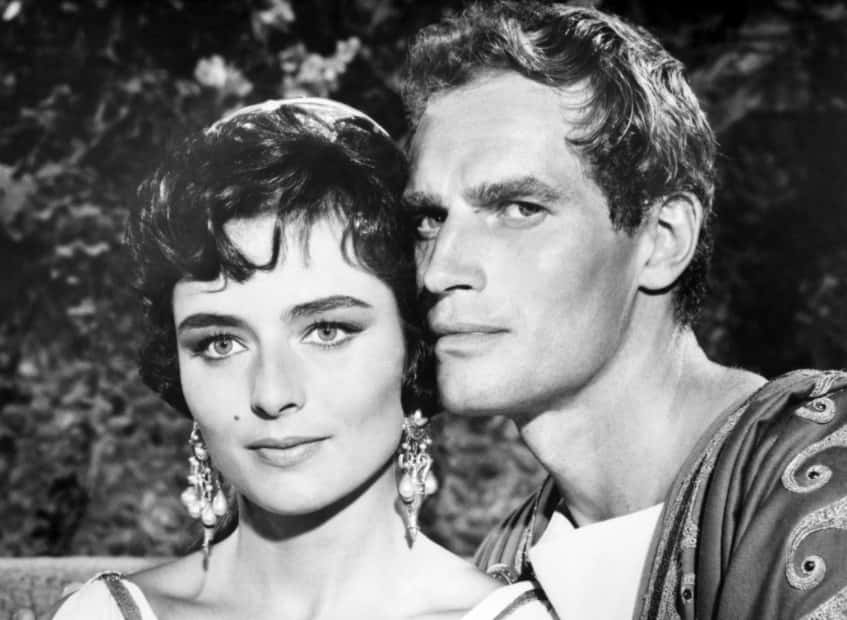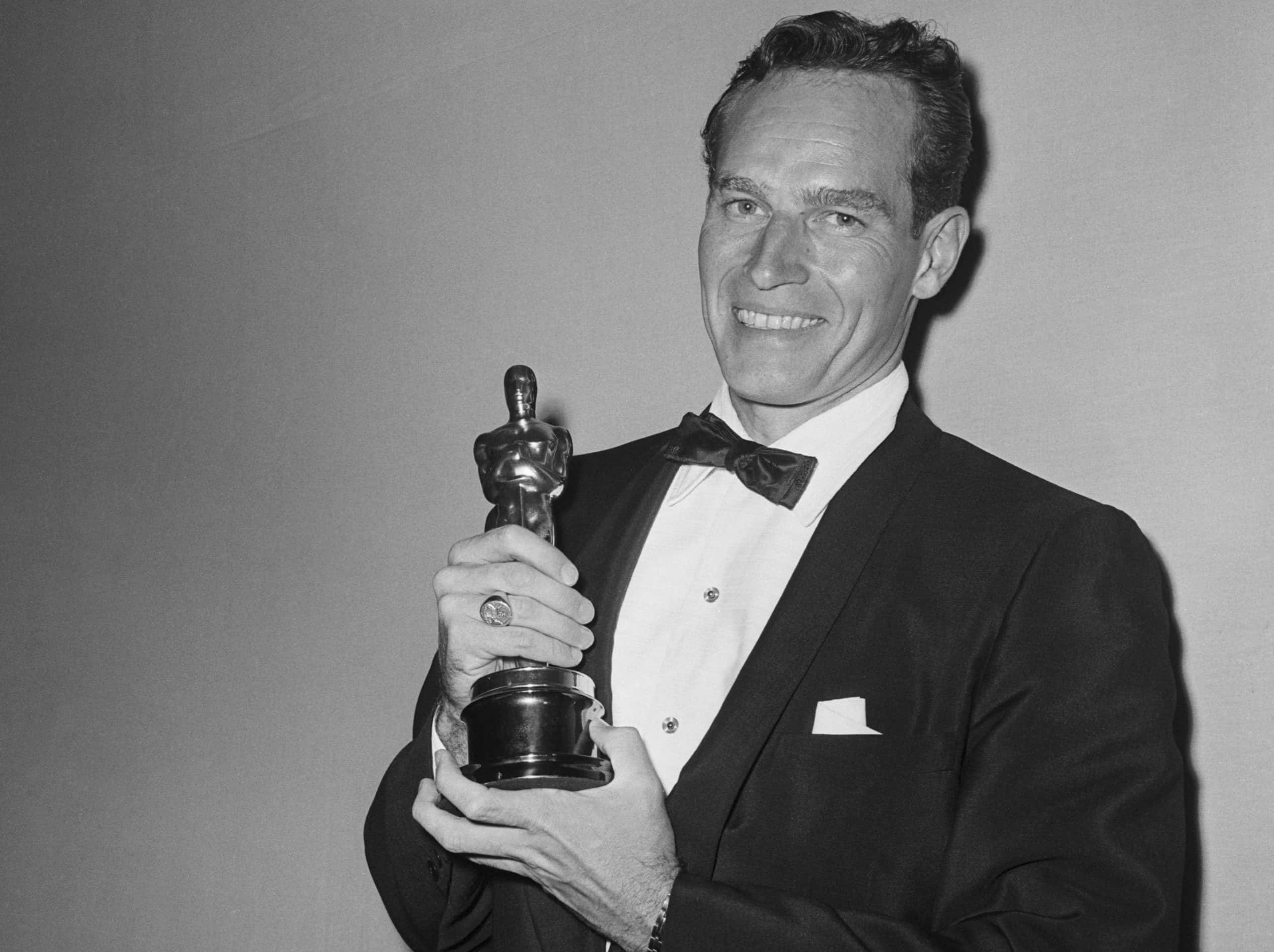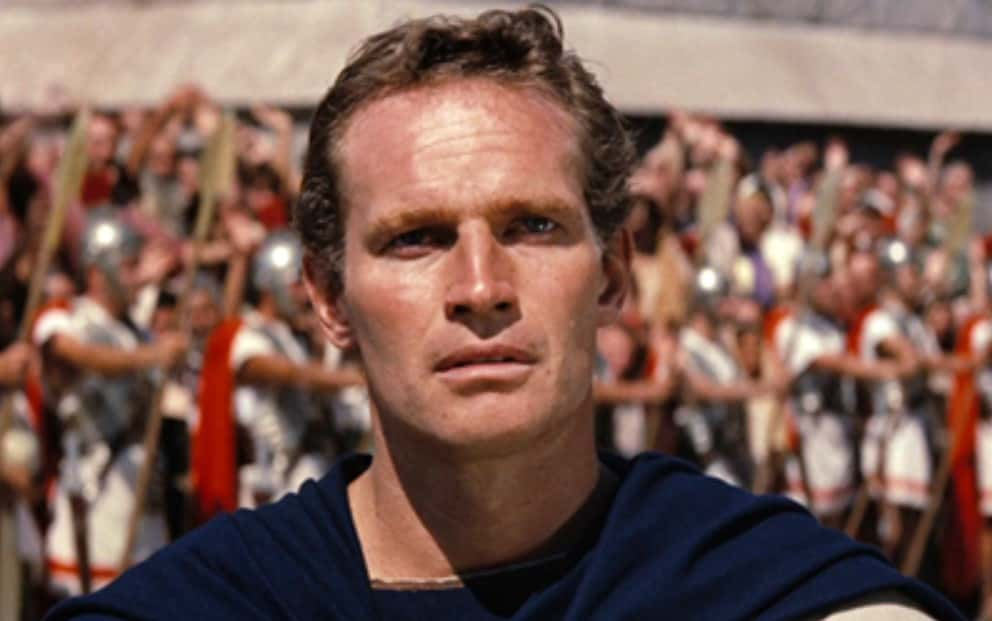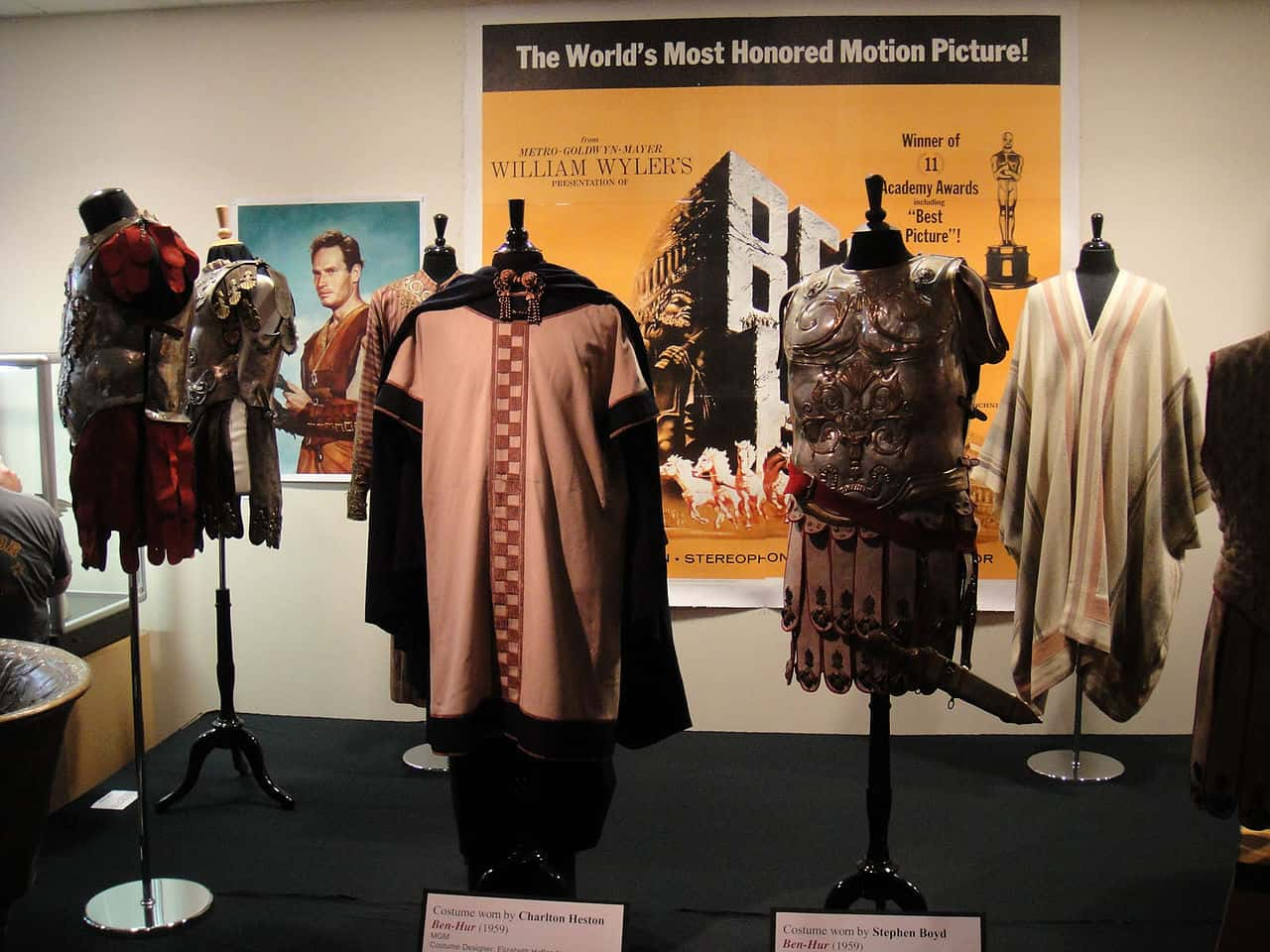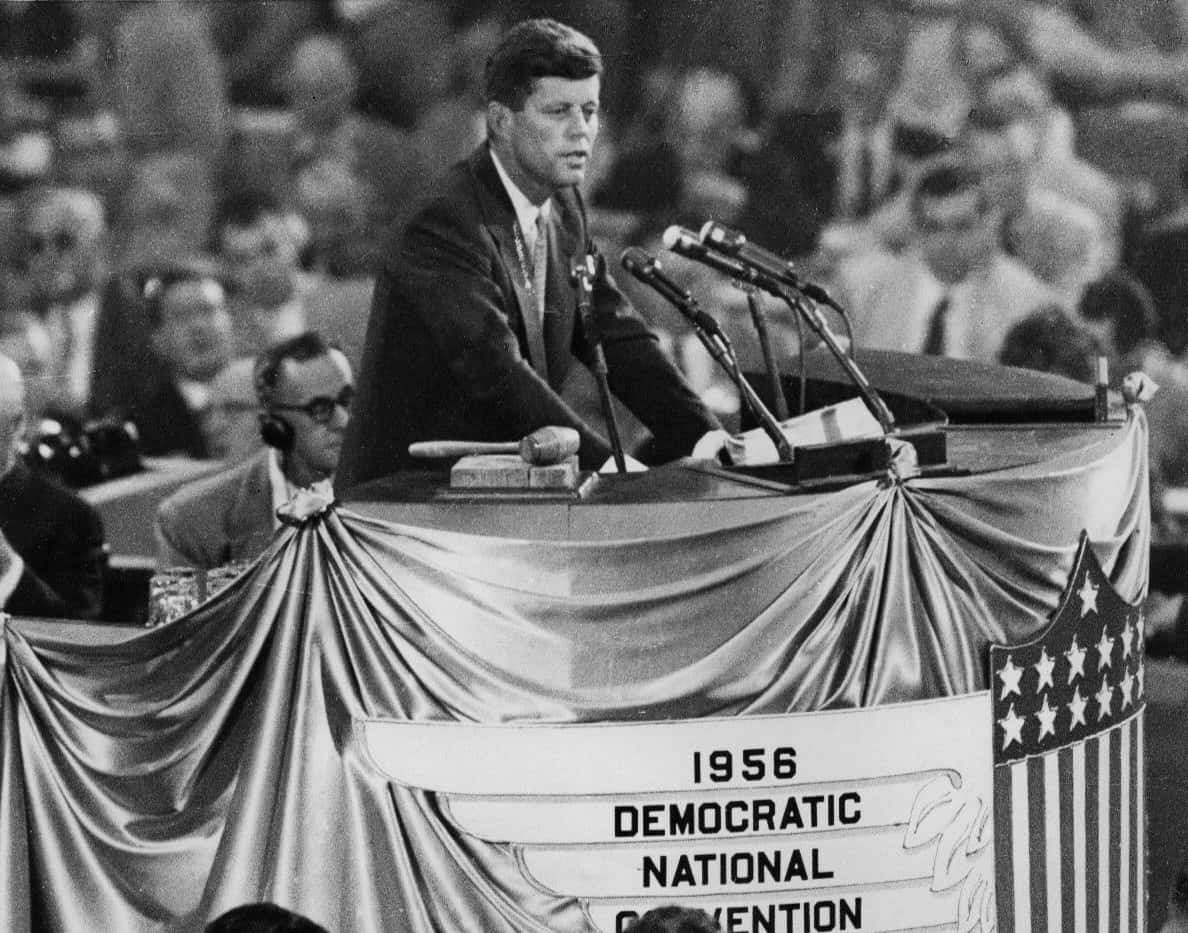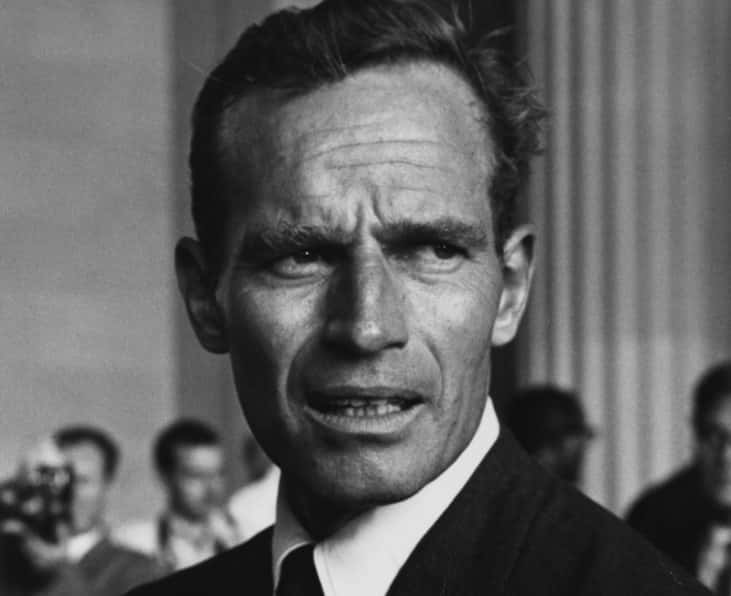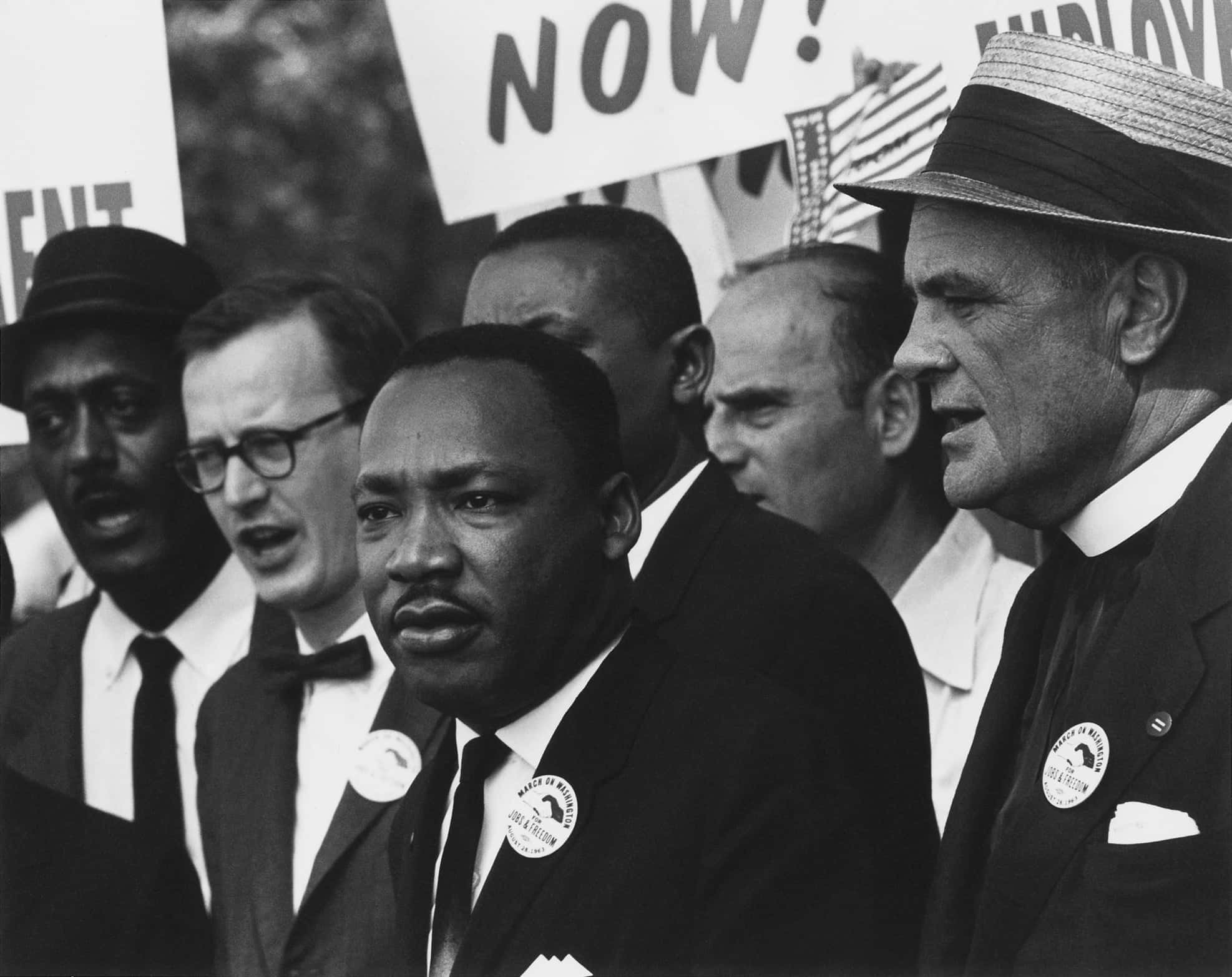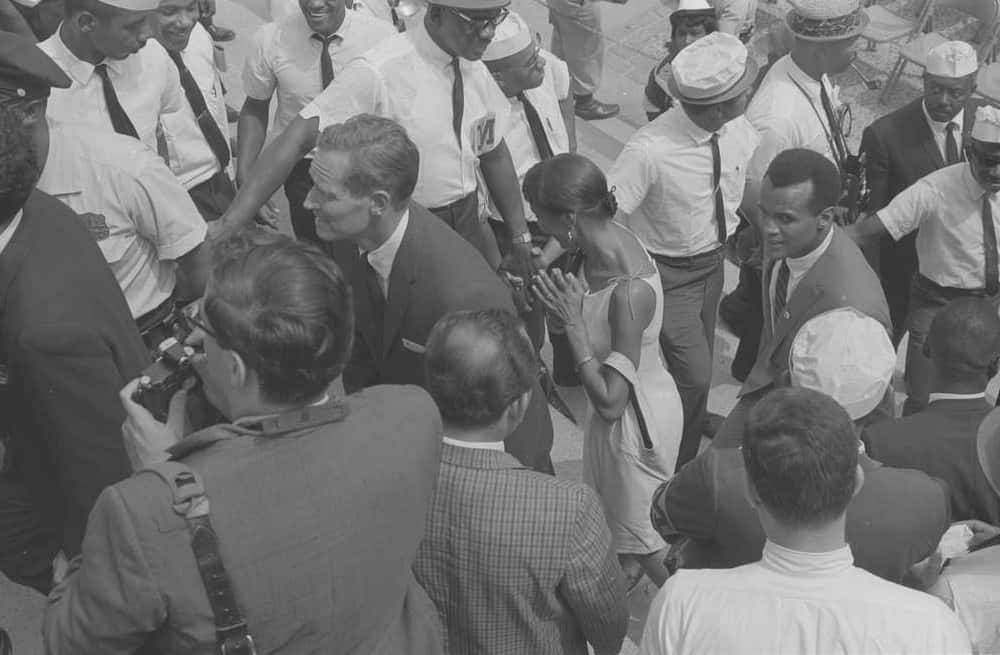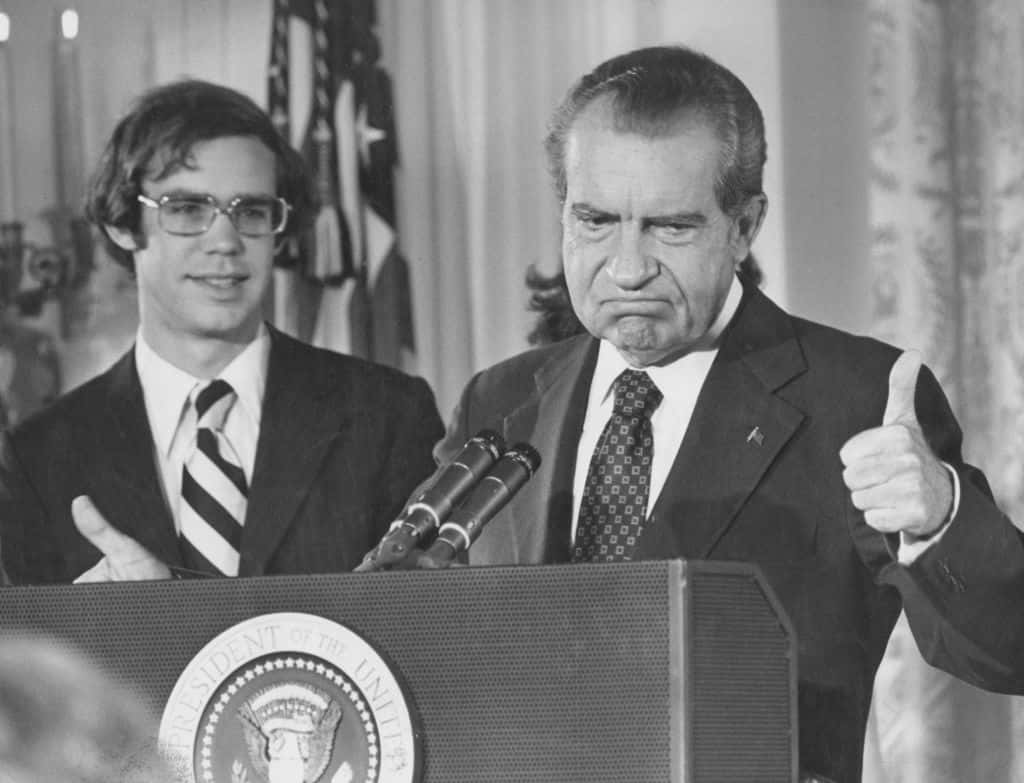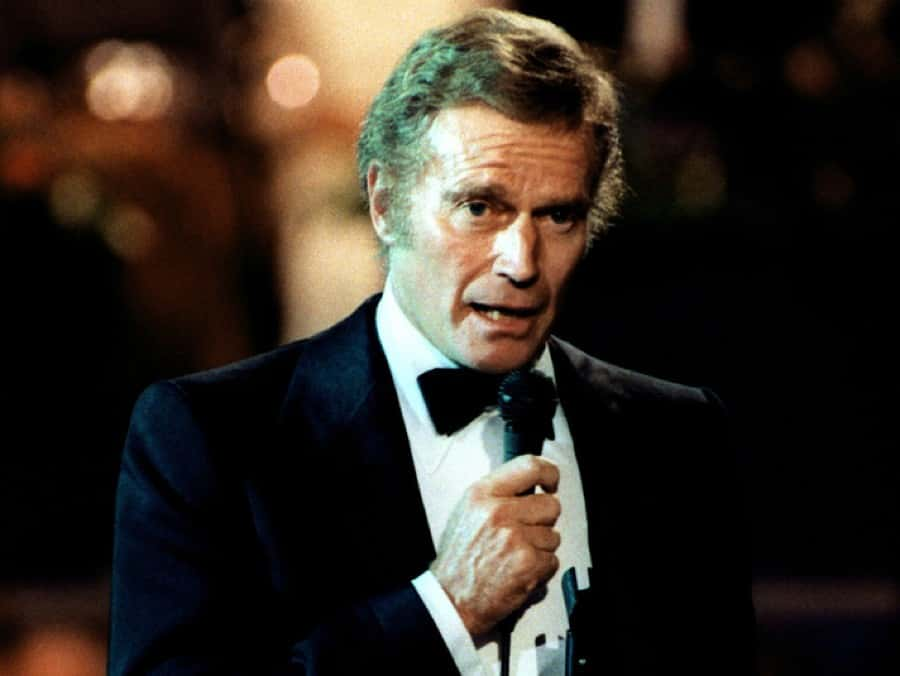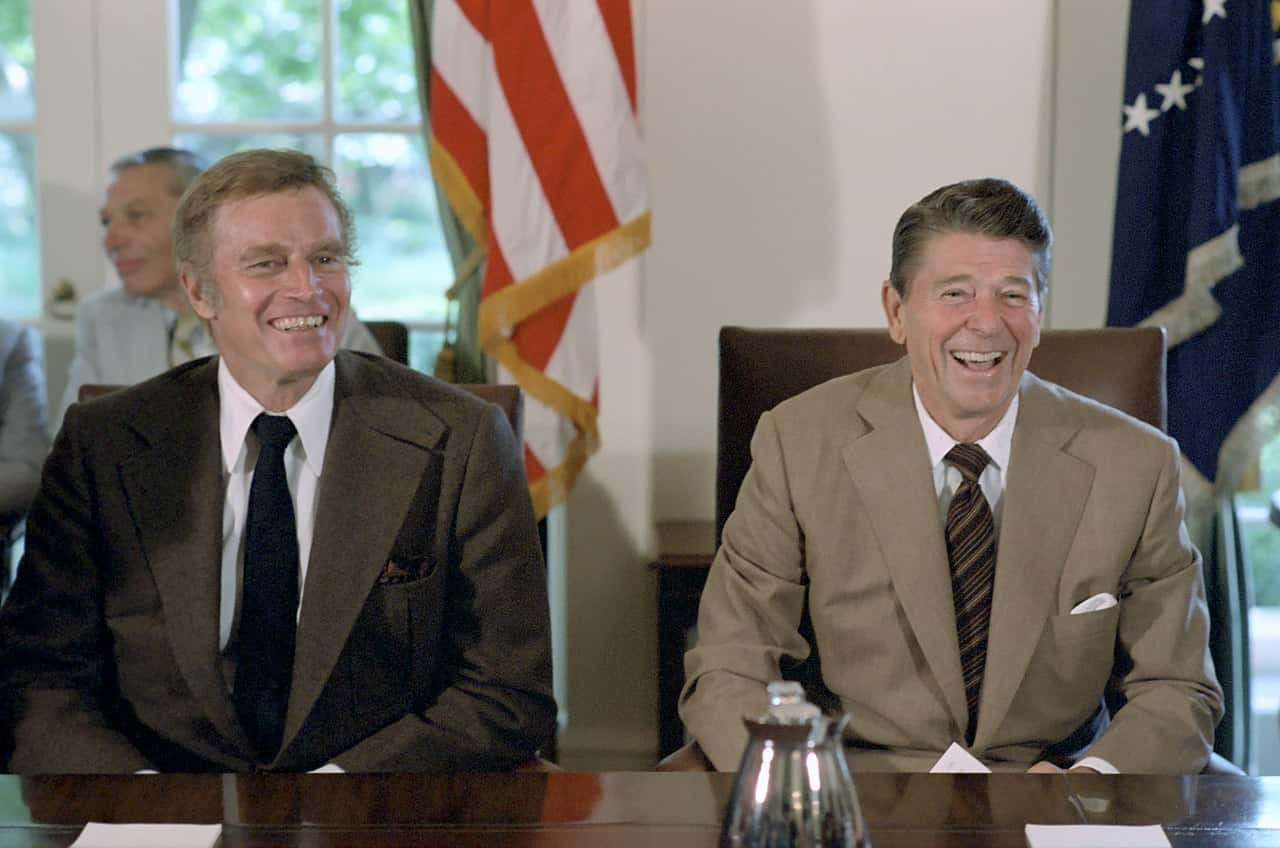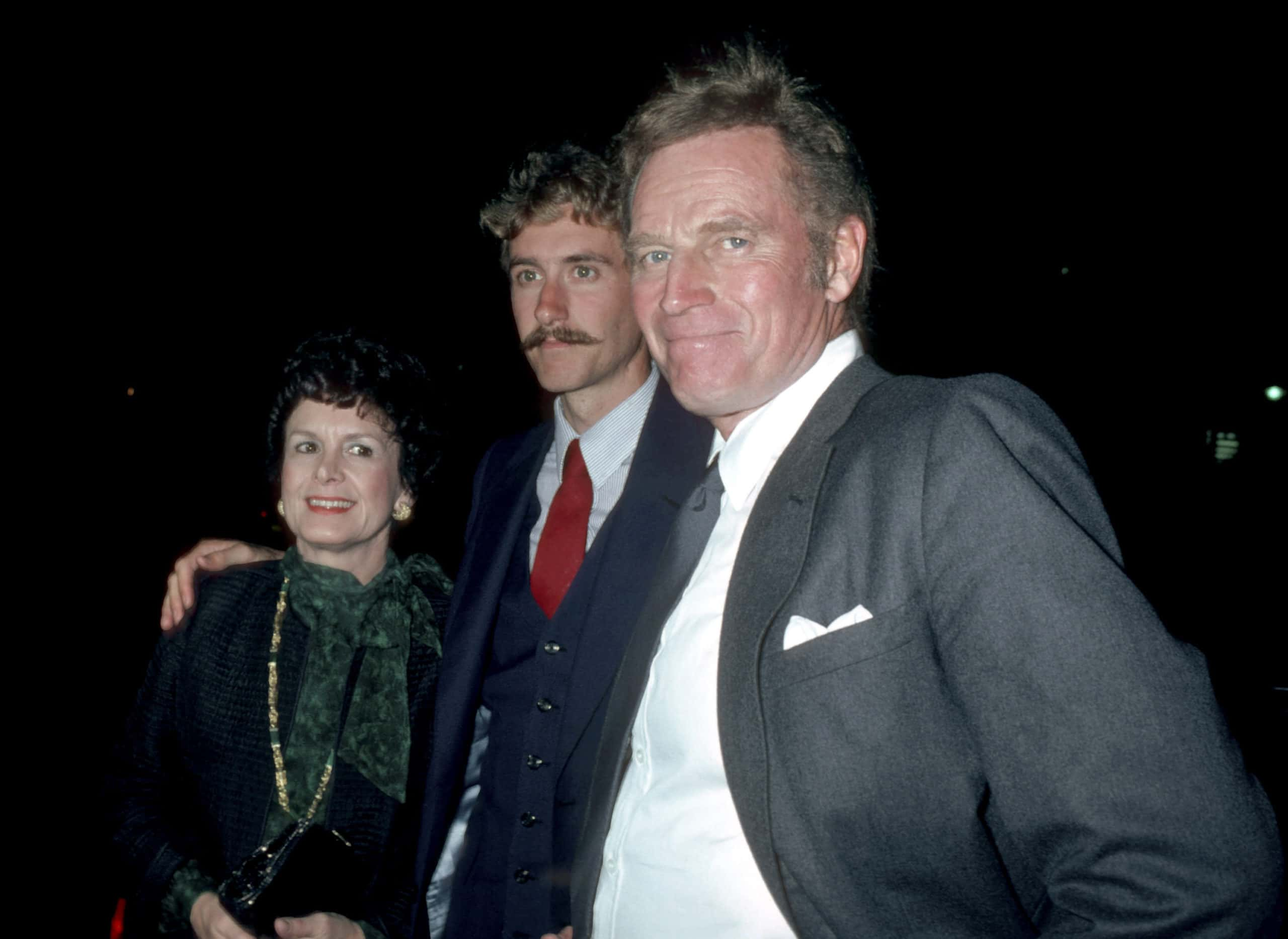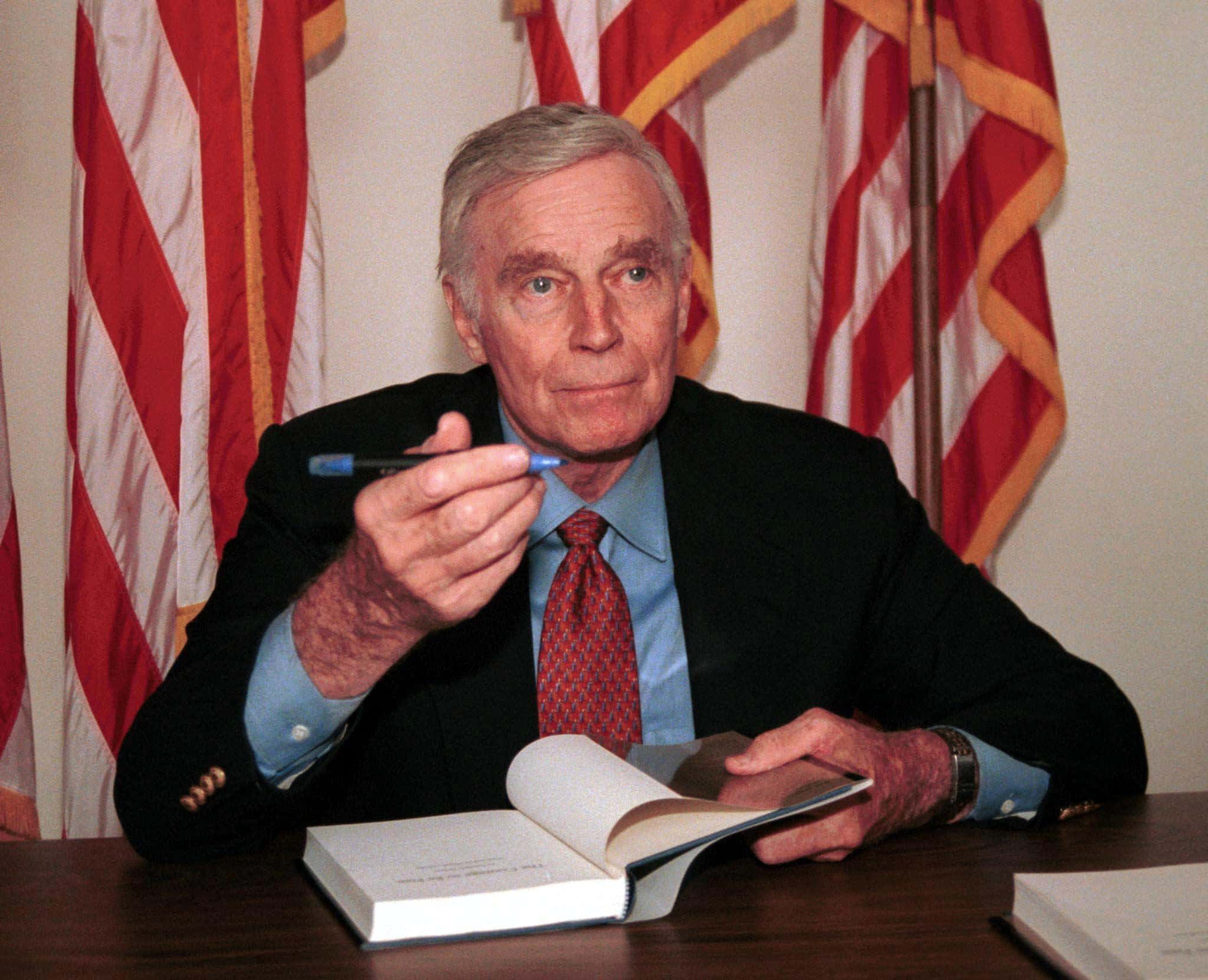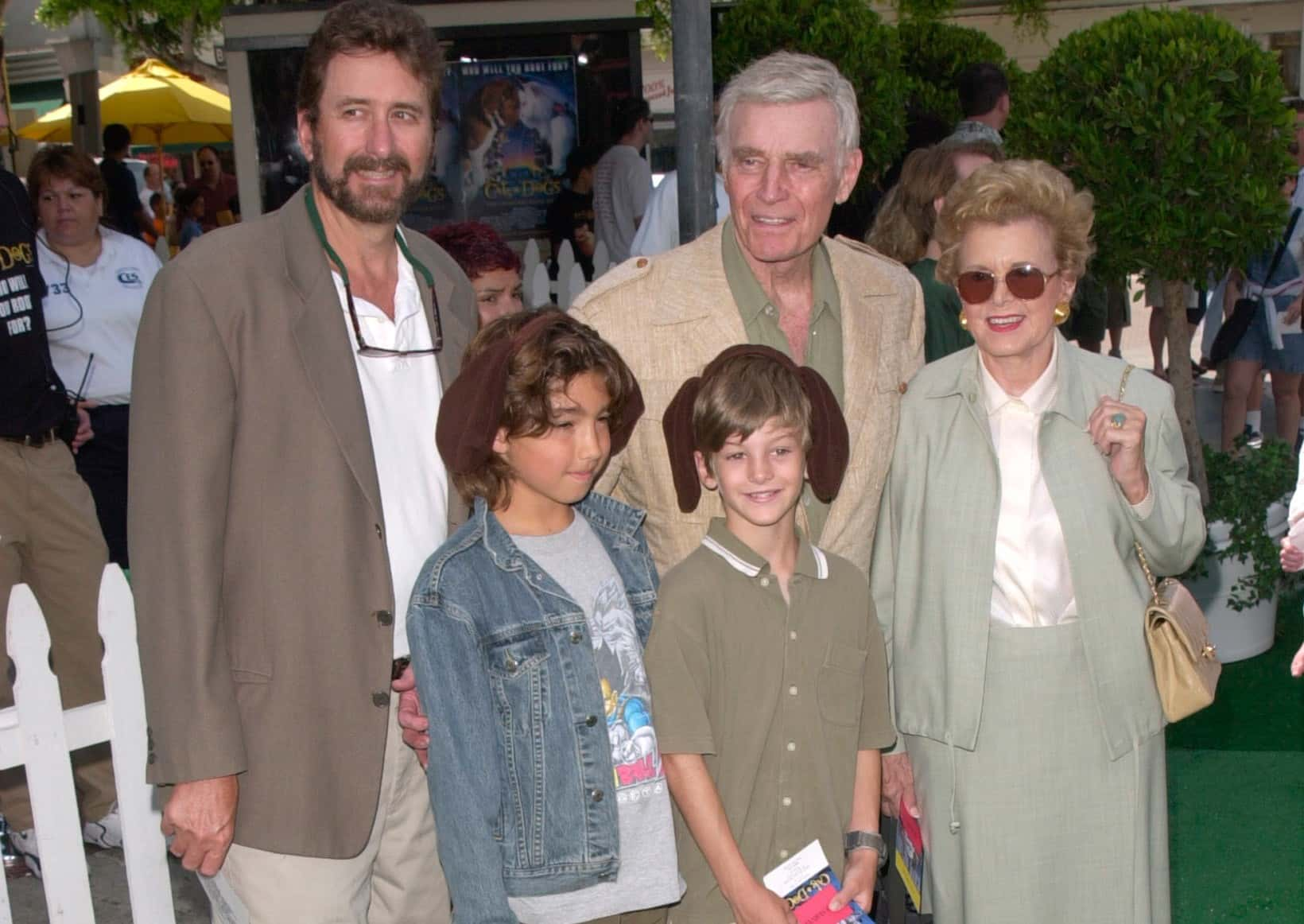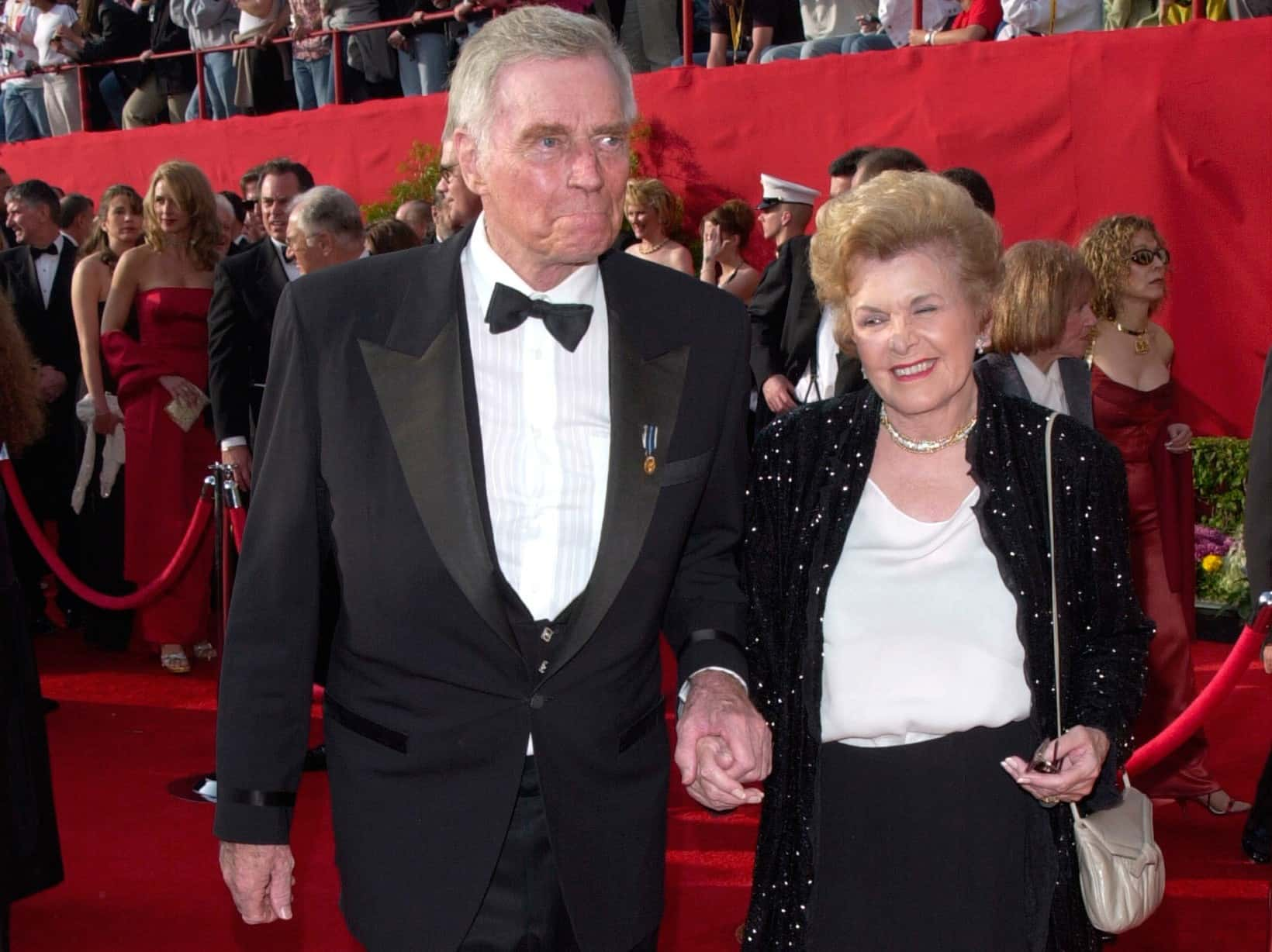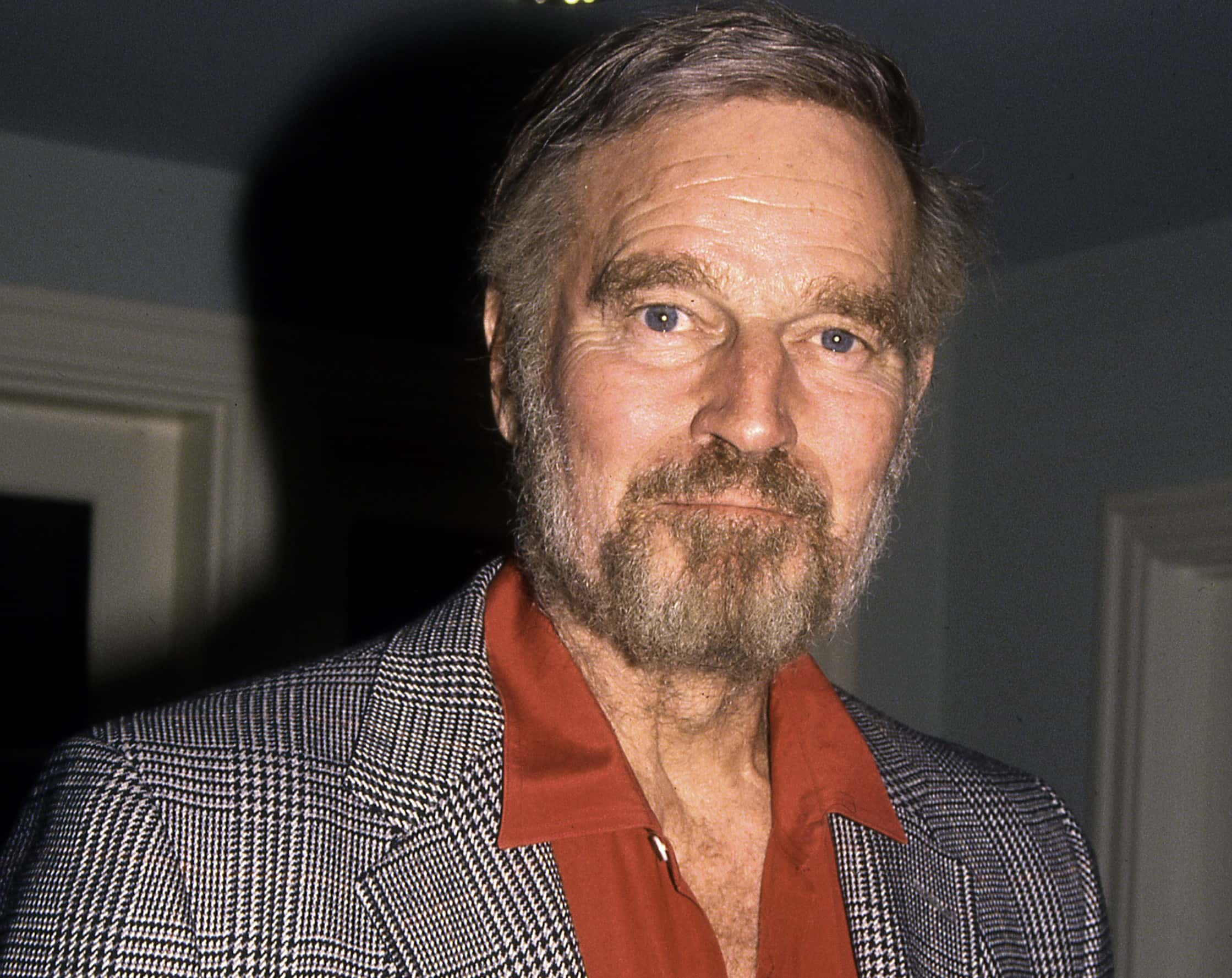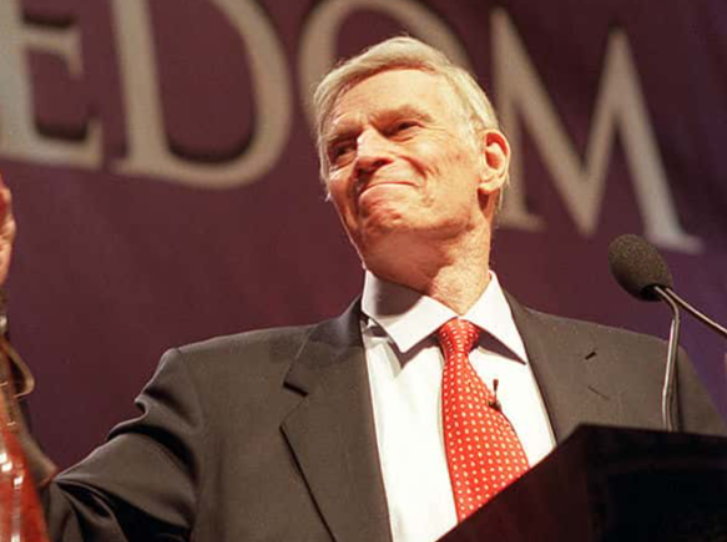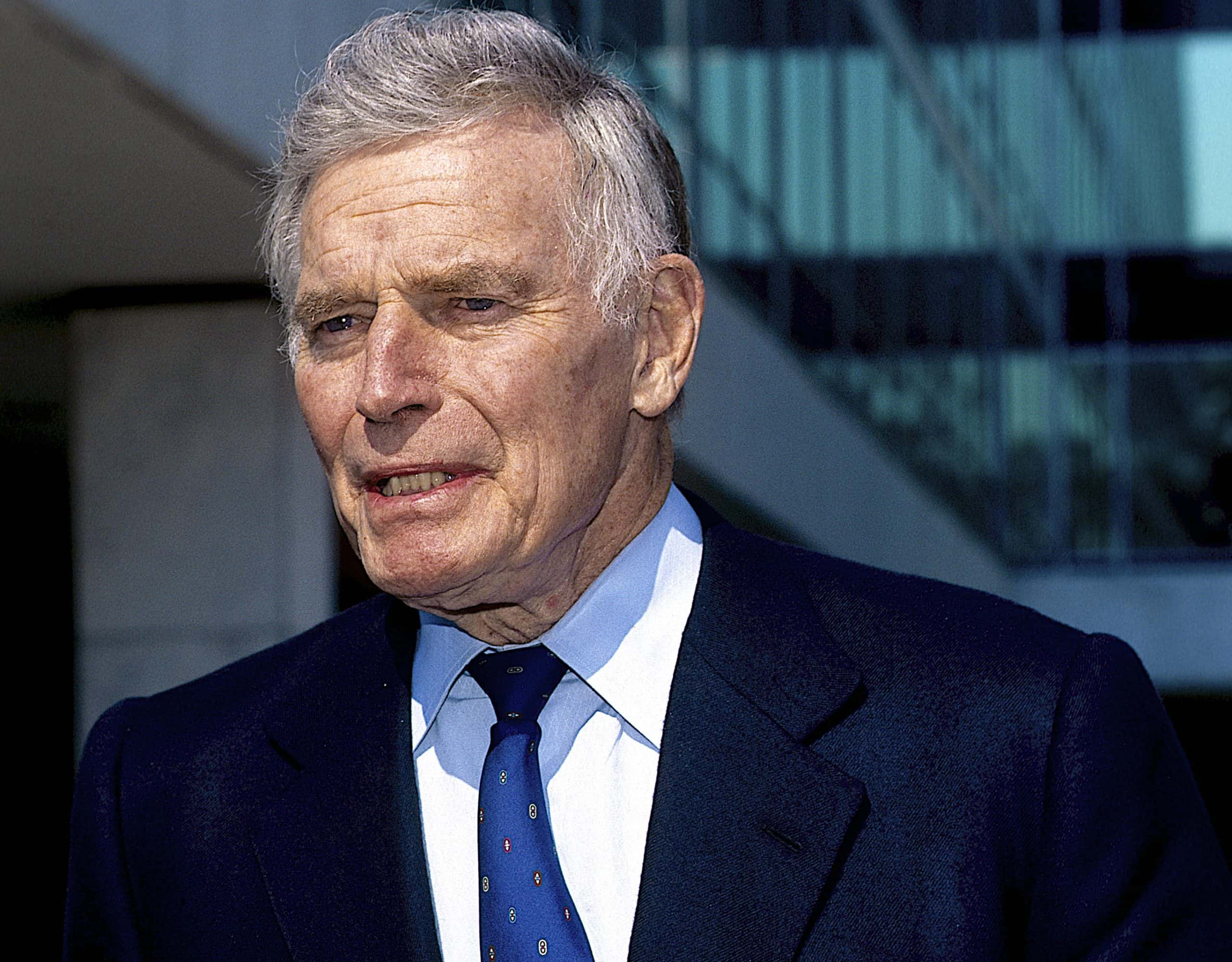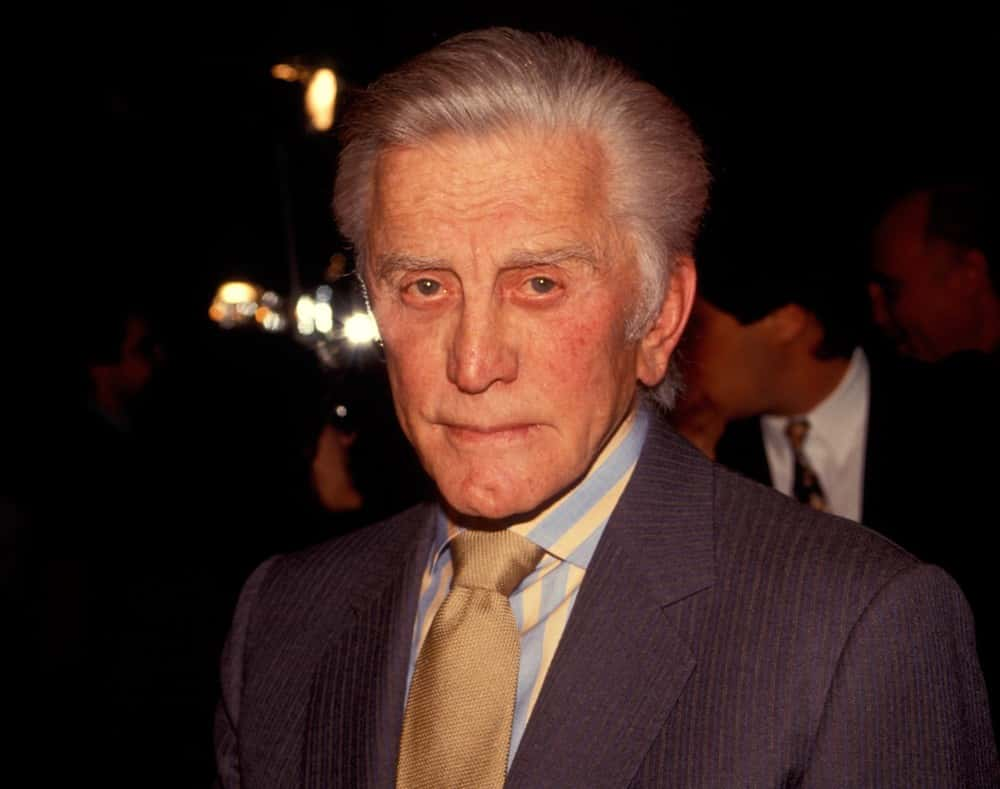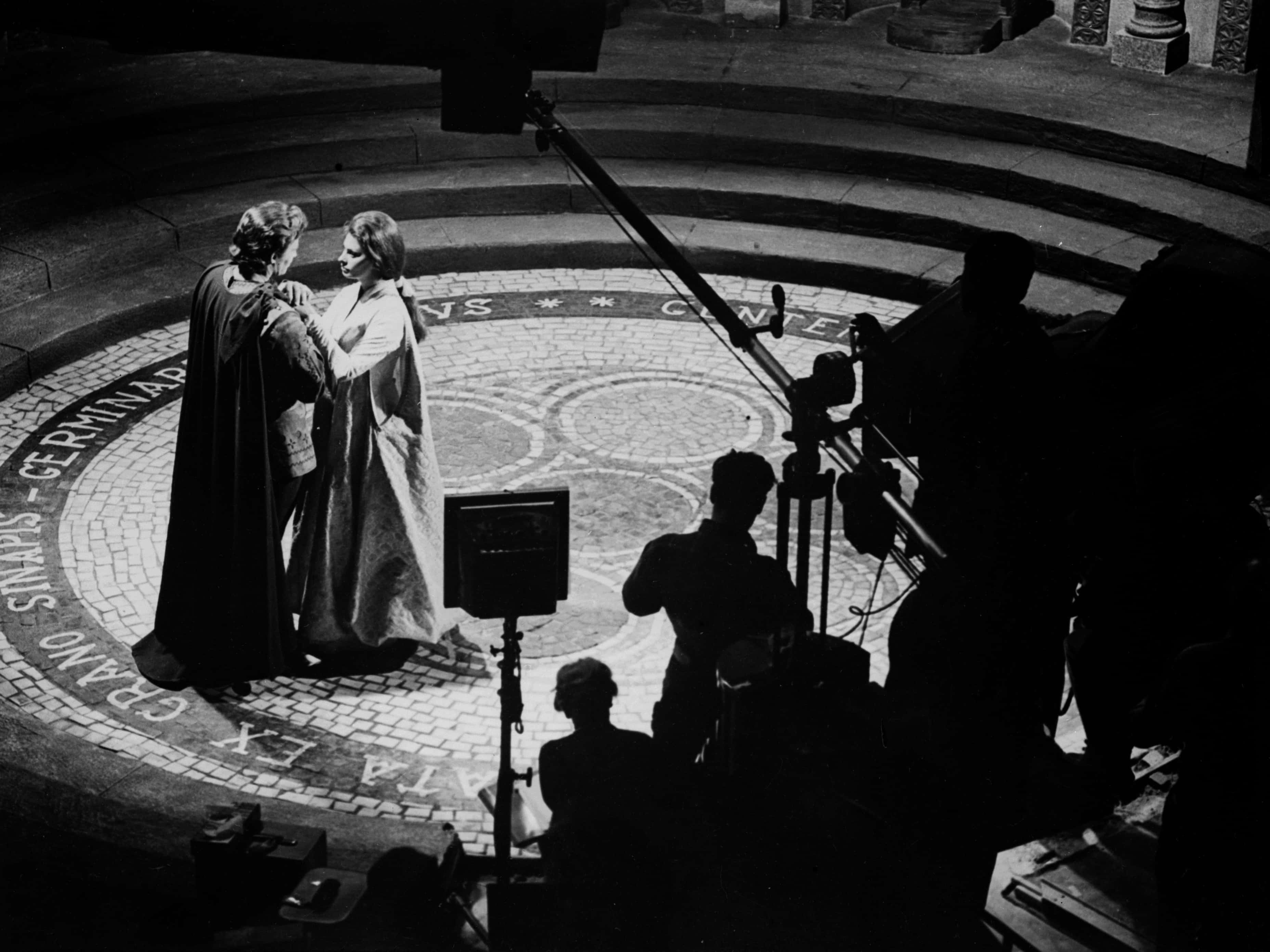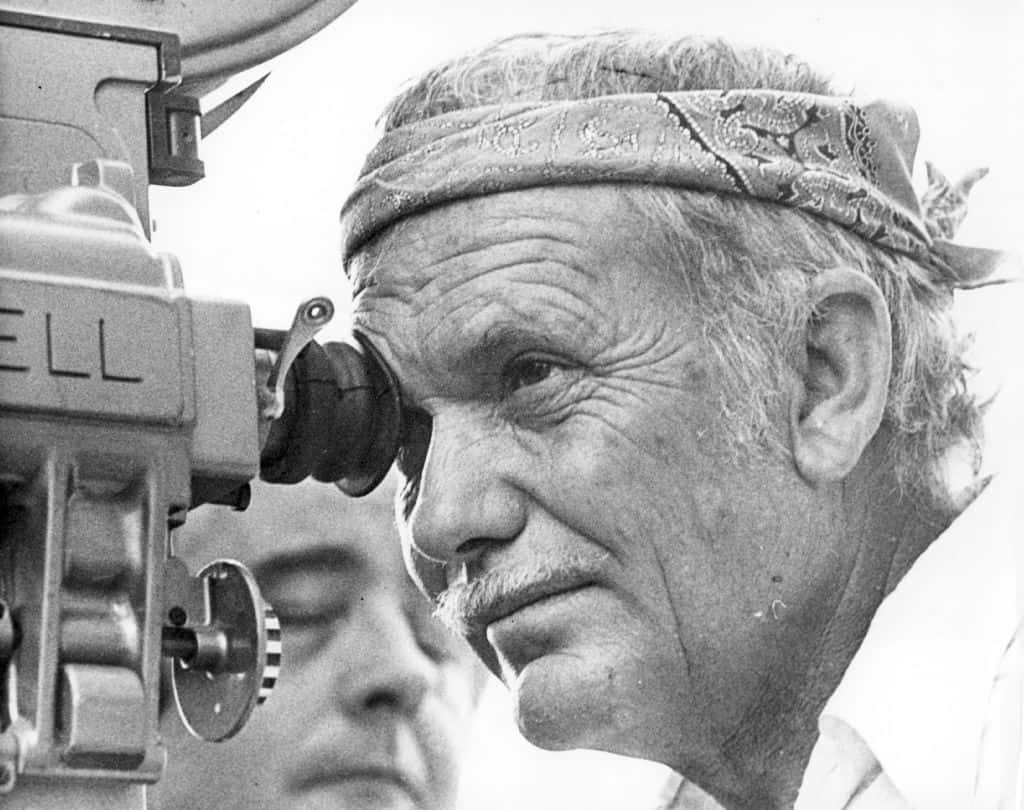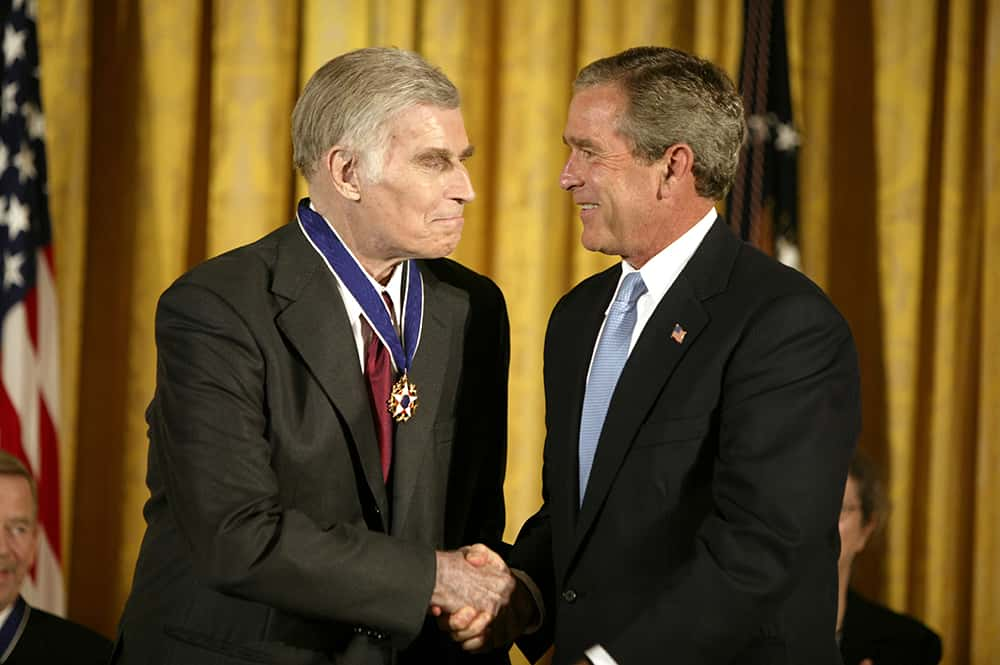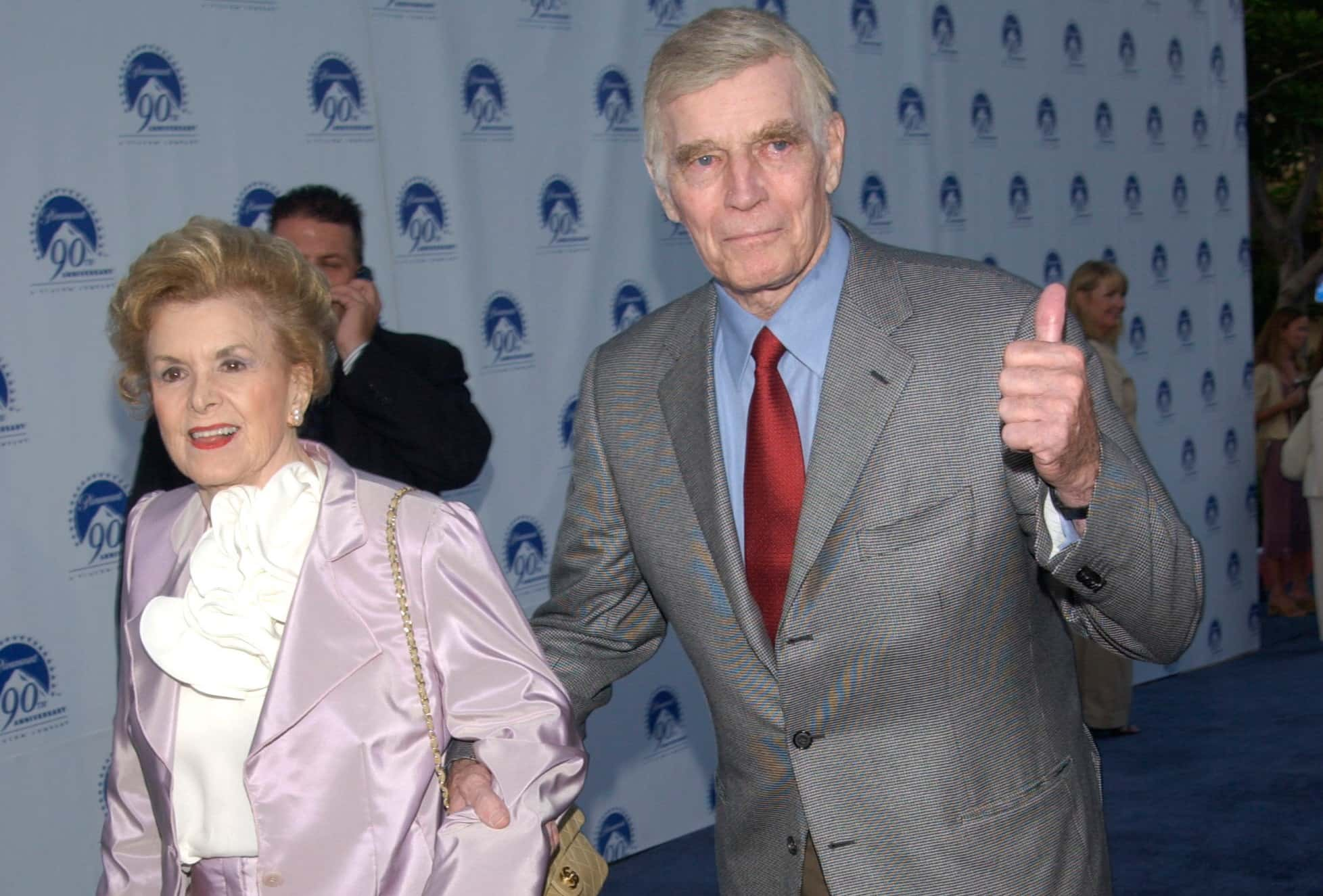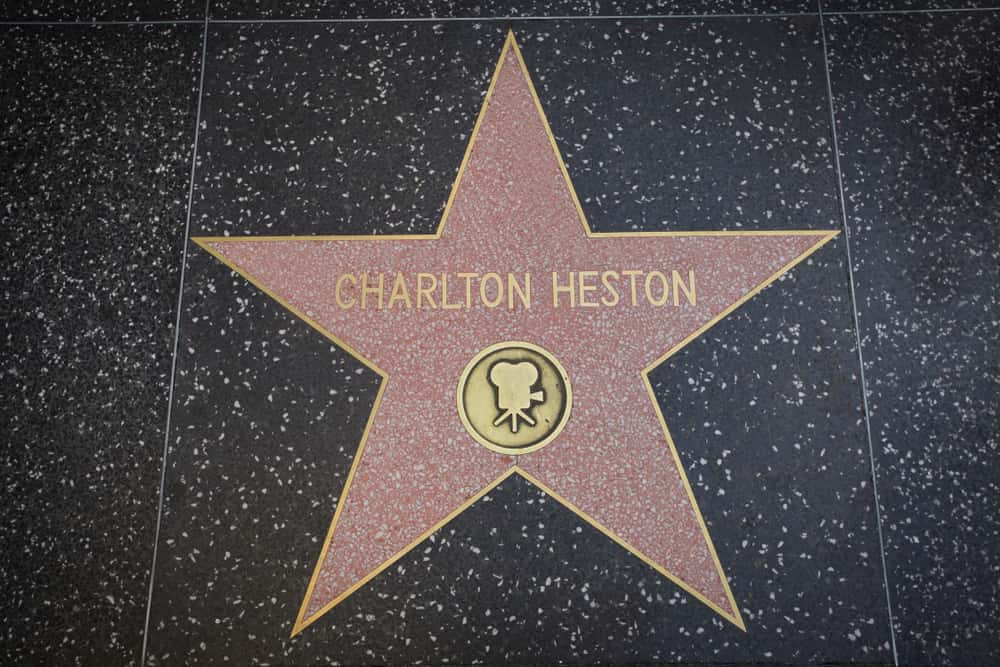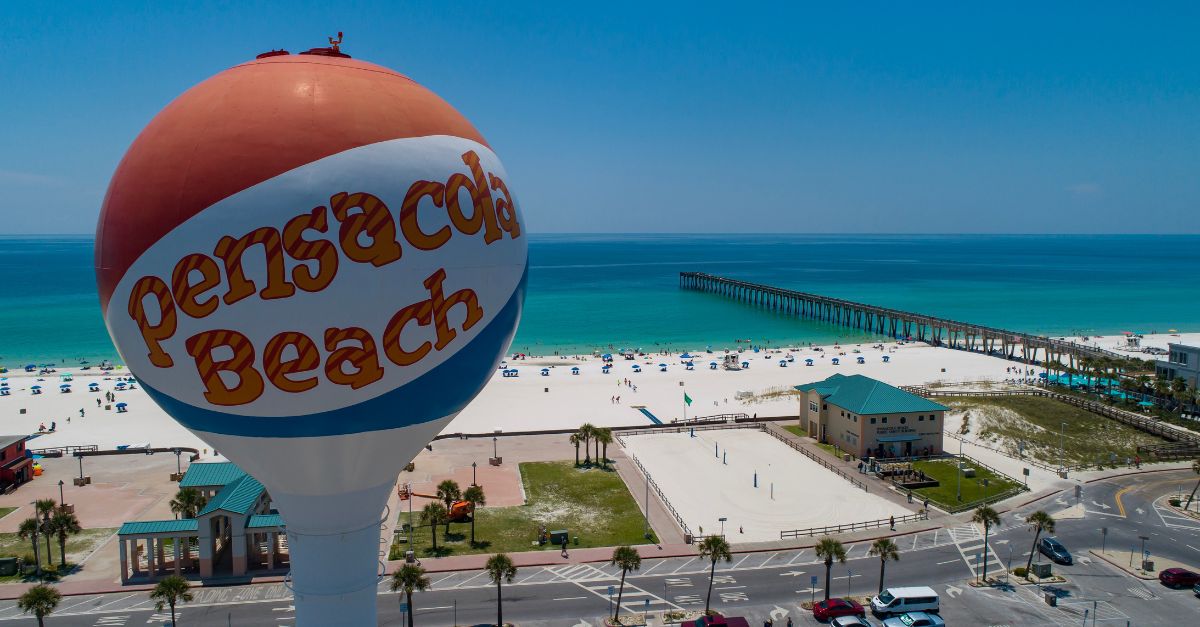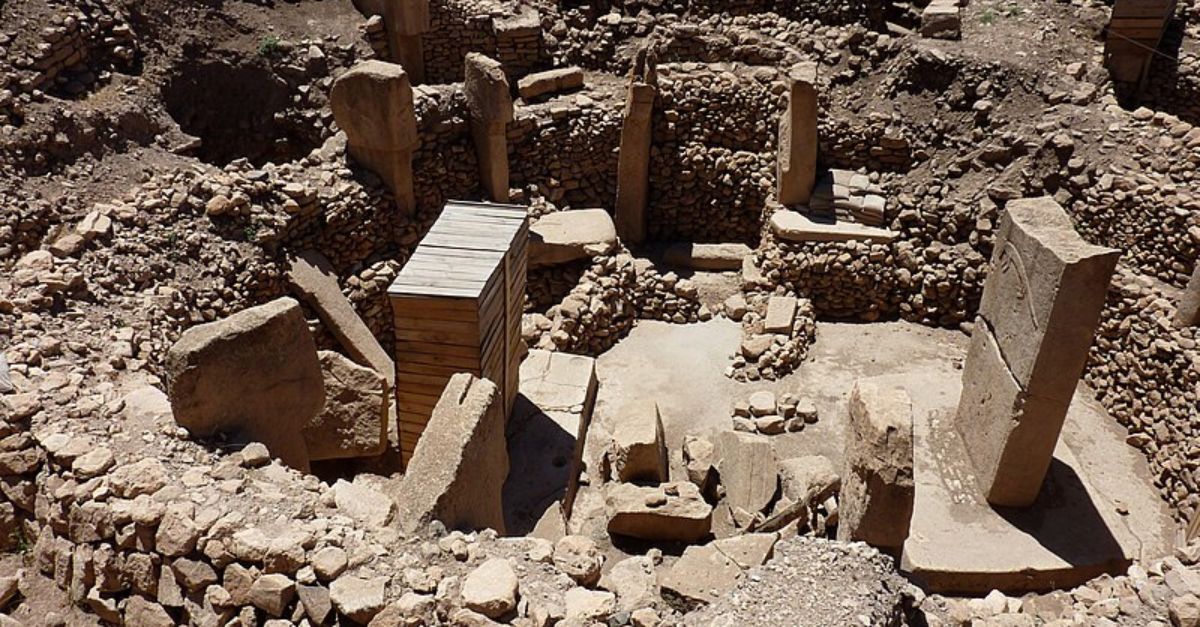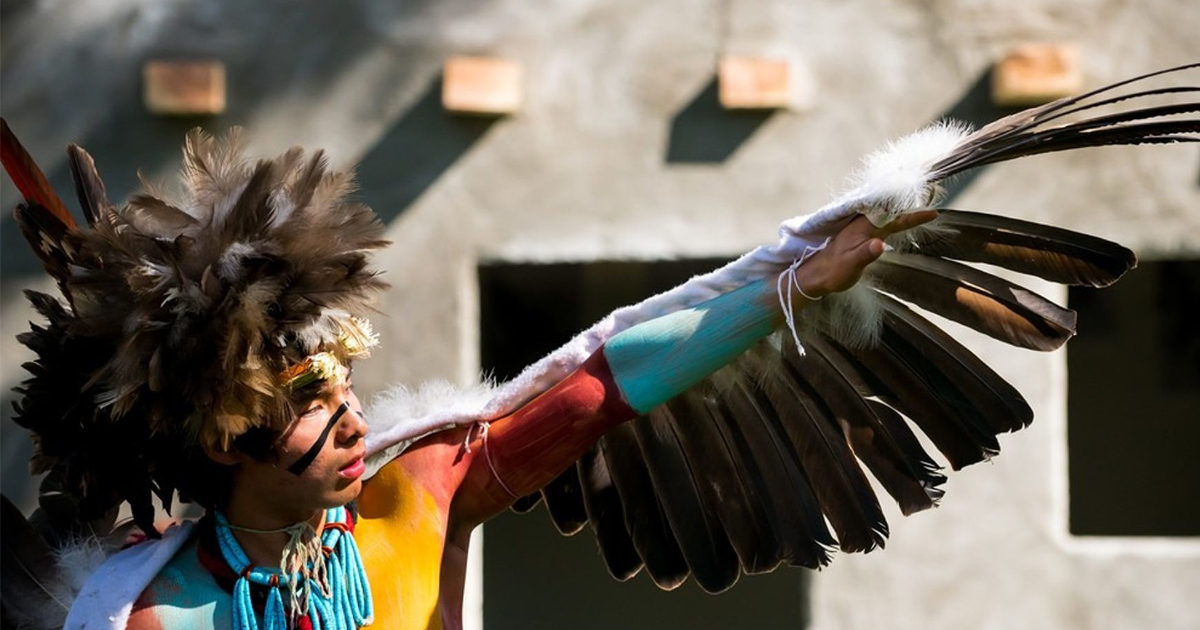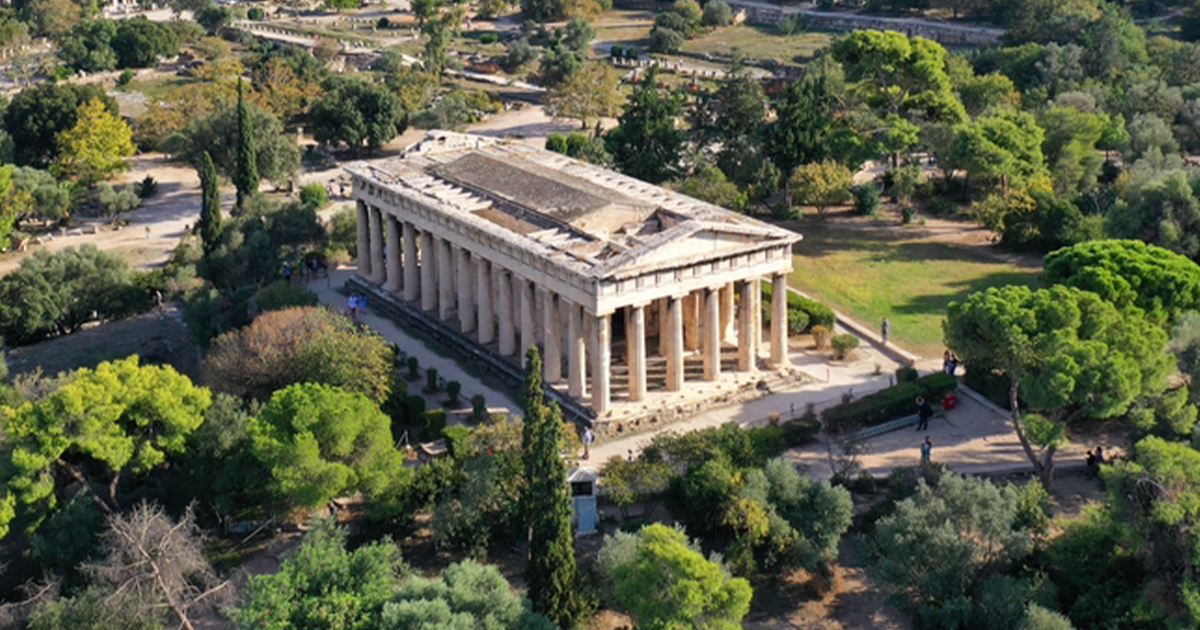If there’s one actor who has courted controversy, it’s Charlton Heston. It didn’t start out that way though, as Heston began his career on stage and went on to make some of the biggest films of his time. So what was his journey like and how did he go from imposing hero to polarizing political figure? Let's look back and see.
1. He Had An Idyllic Childhood
Born in 1923 as John Charles Carter, in Wilmette, Illinois, Heston was never a kid who craved attention. He was happiest while exploring the woods and lakes of St. Helen, Michigan, which is where his family had moved when he was little. He loved spending time out in nature, alone or with his dad until he turned ten. Then his life changed abruptly.
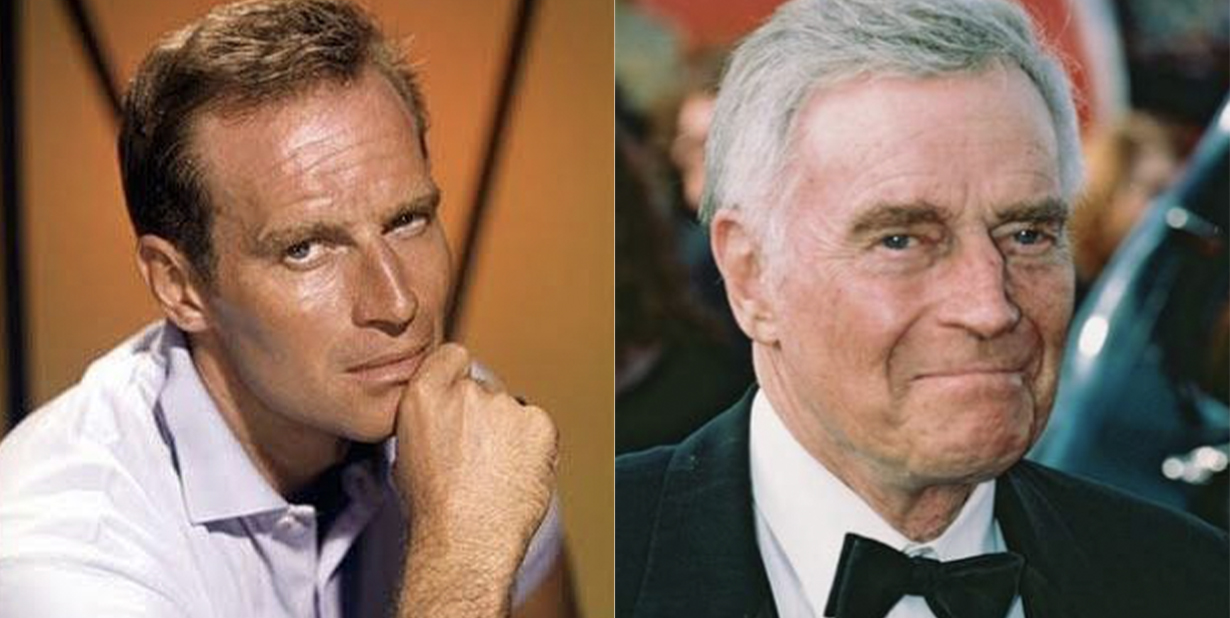
2. He Had To Grow Up Quickly
Heston’s parents divorced soon after his tenth birthday. His mom remarried a man named Chat Heston a few years later and moved back to Wilmette with her children. The kids eventually adopted their stepfather’s last name, but young Heston missed his old life and felt out of place in his new high school—until he discovered what would become a lifelong passion: Acting.
3. He Found The Loves Of His Life
He’d already fallen in love with the stage, and his acting prowess won Heston a partial scholarship to study theater at Northwestern University. He was there for two years, during which time he met Lydia Clarke, who was also studying theater. Cupid struck, and Heston knew that this was the woman he wanted to spend the rest of his life with.
But she wasn't going to make it easy on him.
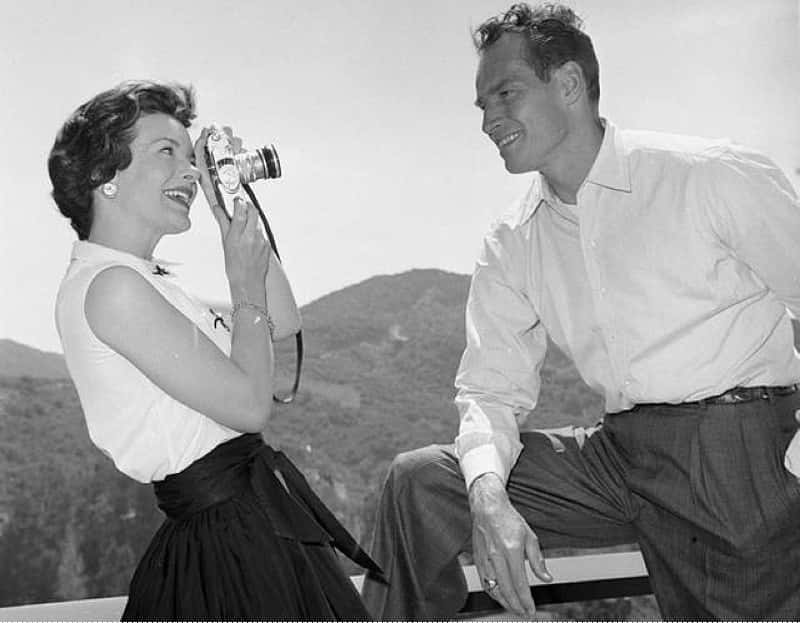 Picryl
Picryl
4. He Was Persistent
Heston knew exactly what he wanted but, to his dismay, the object of his affections did not. He proposed to Lydia several times during the years they were at school together, but she kept on rejecting his advances. Finally, after two years, Heston had to prepare to move away. He wrote to her one last time, though he likely expected the same response yet again.
This time, however, he was in for a surprise.
5. His Wedding Was Sweet And Sudden
Heston joined the US Air Force when WWII broke out, and that prompted him to try his luck with Lydia one last time. Her answer left him floored. His joy knew no bounds when she accepted, and the couple married each other in a North Carolina church before he left for active duty in March 1944. Their lives together would officially begin after he returned home.
6. He Changed Course
After spending two years as a radio operator and aerial gunner in the Air Force, Heston returned to Lydia and the couple moved to New York to try their fortunes on stage. They worked as artists' models for a while before moving to North Carolina to give a shot at running their own playhouse for a year. However, they didn’t stay there for long—Heston had his sights elsewhere.
7. He Had A Goal
Heston’s main ambition was to find work on Broadway, and so the couple moved back to New York in 1948, a year after their stint in North Carolina. This time, though, he had a secret weapon. He changed his name for the stage around this time, taking his mother’s maiden name, Charlton, and his stepfather’s last name, Heston, to come up with a new identity.
Maybe it was the name, maybe it was just fate; in any case Broadway accepted him with open arms this time.
8. He Got A Break
Things were definitely looking up for Heston when he returned to New York. He played Proculeius in Antony and Cleopatra on Broadway, which led to CBS offering him a role in their production of Julius Caesar. He got several other roles on TV after that and one of them made director Hal Wallis (of Casablanca fame) stand up and take notice.
Heston didn't know it yet, but Wallis was about to change his life forever.
9. He Tried Something New
Although Heston had planned to focus on his stage and TV career, he couldn’t resist accepting Wallis’s offer to star in his new film, Dark City. When Lydia reminded him of his goal he said, “Well, maybe just for one film to see what it’s like.” Famous last words? You bet.
 Dark City (1950), Paramount Pictures
Dark City (1950), Paramount Pictures
10. He Got Noticed
Although Dark City didn’t do too well at the box office, critics appreciated Heston’s performance. His big break—a box office hit—would come very soon after, with a Cecil B. Demille film. Interestingly though, Demille would never have chosen him on the basis of his Dark City performance which he felt was “too sinister.”
There’s a funny reason why he changed his mind and decided to give Heston a chance.
 Dark City (1950), Paramount Pictures
Dark City (1950), Paramount Pictures
11. He Was Lucky
Lady Luck was smiling upon Heston the day he drove to Paramount Pictures to meet some friends. He was leaving when he saw Demille, director, and co-founder of Paramount, standing outside his office. Heston smiled and waved at him. This friendly gesture was what inspired the director to consider him for his next movie, The Greatest Show on Earth.
But getting that role wasn’t a walk in the park either.
12. He Found A Mentor
According to Heston, Demille had a very different approach towards casting. Nothing was straightforward with him and the actor would keep wondering if he was even in the running for the role. Demille just told the actor, in this case, Heston, about the film, and he had no idea how to respond. Eventually, he said, “Sounds like it would make a fine film.”
As they say, the rest is history.
13. He Made It Big
Not only did The Greatest Show on Earth go on to become a commercial success, it also won the Academy Award for Best Picture. Heston was here to stay, and Demille knew he'd found his next superstar. The next Heston-Demille collaboration would go on to be another smash hit—and would give Heston a career-defining role.
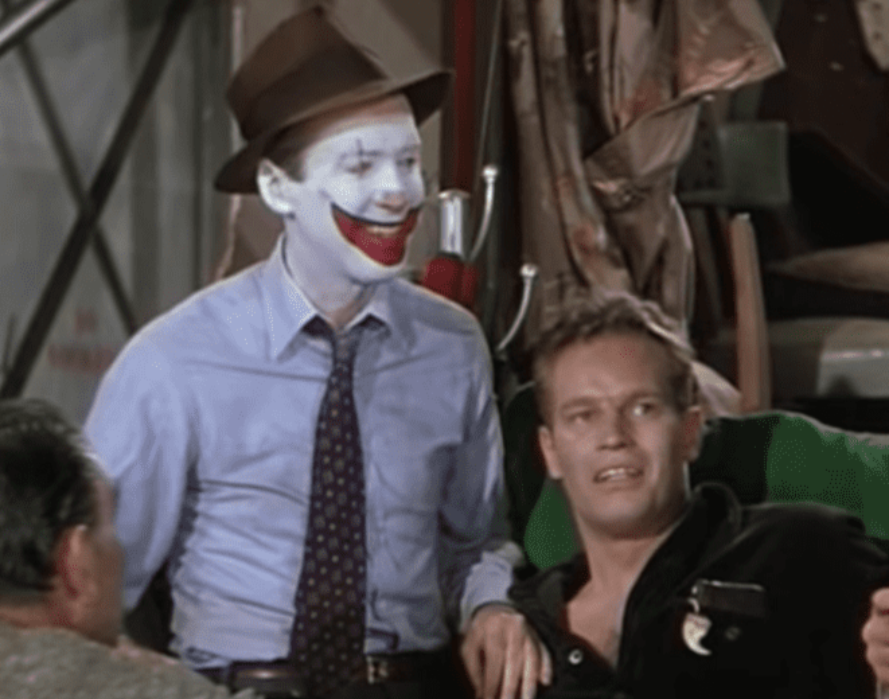 The Greatest Show on Earth (1952), Paramount Pictures
The Greatest Show on Earth (1952), Paramount Pictures
14. He Looked The Part
One thing Heston had going for him was his looks. The man cut an imposing figure with his towering height (six feet, three inches), buffed-up body, chiseled jaw, broad shoulders, and deep baritone voice. Demille knew he had his Moses when he tried sketching a beard on Heston’s picture. He felt the man had an extraordinary likeness with Michaelangelo’s sculpture of the prophet as well.
15. He Talked To God
Heston's career was on the rise—but his next role took him to the next level. He teamed up with Demille again for The Ten Commandments, playing the Prophet Moses. Critics were all praise for his performance. Heston practiced hard for the role by learning passages from the Old Testament. He was also willing to put his own blood on the line.
To lend his role more credibility, he decided to play the part barefoot; enduring the sharp rocks of Mount Sinai was a small price to pay for immortality.
16. He Played God
Although he didn’t receive credit for it in the film, Heston voiced God in the Burning Bush when He spoke to Moses for the first time. The story goes that he asked Demille if he could do the voiceover and the latter agreed. However, to maintain the mystery of who played God, Demille claimed it was an unknown actor whose name he wouldn’t reveal.
And that wasn’t the end of his involvement in the film either.
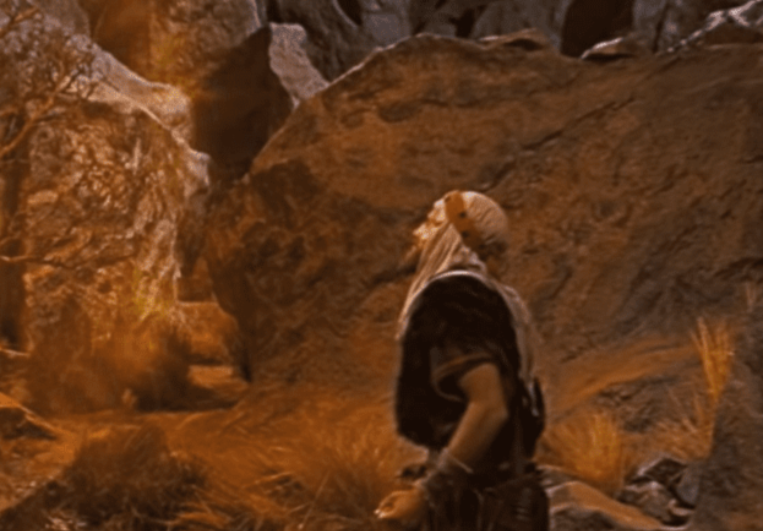 The Ten Commandments (1956), Paramount Pictures
The Ten Commandments (1956), Paramount Pictures
17. His Son Made An Appearance
Believe it or not, Heston had another family member in The Ten Commandments too. This was his infant son, Fraser C. Heston. In fact, Demille timed filming that scene (when baby Moses is put on the Nile in his basket) when Fraser was three months old, the same age Moses was in the Bible.
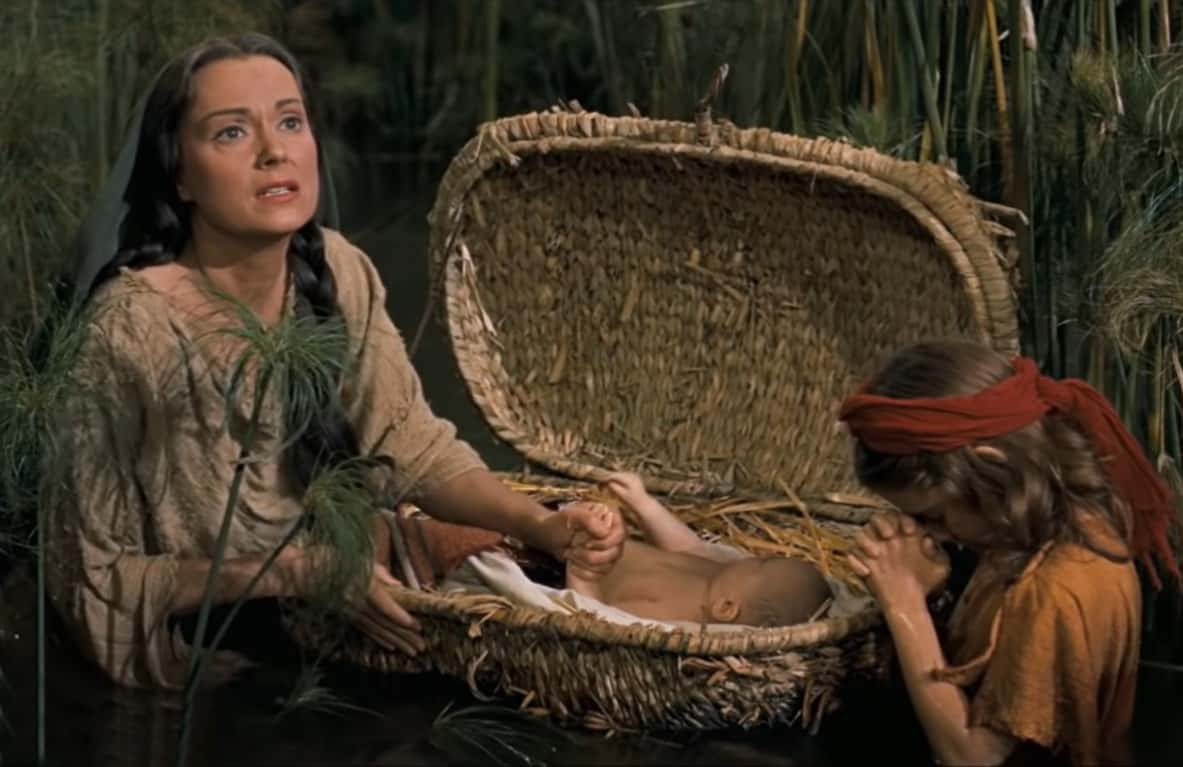 The Ten Commandments (1956), Paramount Pictures
The Ten Commandments (1956), Paramount Pictures
18. He Liked Action
Heston had appeared in several Westerns and a few adventure films between his two Demille hits. And that’s what he went back to after his iconic performance as the Hebrew prophet. He did Touch of Evil, a thriller, with Orson Welles, which wasn’t a hit at the time but aged well to become a classic masterpiece.
19. His Opinion Mattered
Supposedly Orson Welles was just going to act in Touch of Evil, but since Heston accepted the movie thinking Welles was directing it, the producer changed plans (and directors) to keep Heston happy. The latter loved working with Welles, particularly because he allowed the actors to play their characters and improvise on dialogues according to their perception.
But not all directors he worked with were similarly accommodating. He was about to learn that the hard way.
20. He Worked With The Best
After Demille and Welles, Heston got a chance to work with another huge name in the biz: William Wyler. He got the main role in Ben-Hur after big names like Marlon Brando and Rock Hudson turned it down. Excited for this magnum opus, Heston wrote a huge memo with suggestions and ideas on how to play his first scene.
This, he discovered, was a no-no with Wyler, who was noticeably cold towards him after this incident. Heston soon understood that the director had set plans for each scene and character, and did not take kindly to any suggestions that went against them.
21. He Was A Perfectionist
Heston believed in hard work and practice—and Ben-Hur was going to put him to the test. He arrived over a month before filming began for costume fittings and to practice driving a four-horse chariot. According to the man himself, it took him six weeks to learn how to “manage four white horses” and the experience “nearly pulled [his] arms out of their sockets.”
This wouldn’t be the last time Heston would show such commitment to a role either.
22. His Hard Work Paid Off
Not only did Ben-Hur end up becoming the highest-grossing film of the time, but it also won 11 Academy Awards, including one for Best Picture and one for Best Actor. The Academy nominated Heston in this category for the first and last time, so it’s great that he won. And considering Wyler’s attention to detail, it isn’t surprising that he did.
23. He Worked With Perfectionists
If Heston was a committed worker, another equally, if not more, committed person on the Ben-Hur set was William Wyler. Heston recalled an anecdote when he had to film a scene in which Judah Ben-Hur only had to walk across a room. After eight takes, when he realized Wyler still wasn’t happy, he asked him what he wanted. Wyler's reply was insane.
Apparently, the director had liked the way Heston kicked a pot in the first take and was looking for him to do it again at some point.
24. He Couldn’t Do It All
For all his hard work and trying to get under the skin of his character, there was one thing Heston simply couldn’t do, as Wyler soon found out: He couldn’t cry. When his character had to shed some tears on-screen, Heston made up for it by simply covering his eyes with his hands and pretending to cry.
25. They Kept Him In The Dark
Heston may not have known a very important thing about the most famous character he played: That Ben-Hur was gay, and had at some point been romantically involved with Messala (the friend-turned-betrayer). Of course, nothing of this sort was overtly stated in the book or movie, but Gore Vidal, the scriptwriter streamlining and tweaking the original script, interpreted it thus.
Vidal surmised it made no sense for Messala to turn on Ben-Hur so completely based on political differences alone. This seemed more like a spurned lover’s reaction. There was a reason Heston was so clueless about this take on the characters though.
26. He Preferred Denial
Apparently, Heston was not okay with homosexuality at all. Wyler was aware of that so he asked Vidal to keep the subtext a secret from him because he would get upset. This is why only Boyd (the actor playing Messala) knew about Vidal’s interpretation, and he tried to show it implicitly on his end. Vidal revealed that this had been the implied assertion in the bathhouse scene between Ben-Hur and Messala many years later in his documentary, The Celluloid Closet, about portrayals of homosexuality in Hollywood.
Guess who freaked out on hearing about it? Heston lost it when he saw the documentary. He not only denied Vidal's interpretation, he claimed Vidal hadn't even worked on the movie! This wasn't the only time Heston's prejudice reared its head, either...
27. He Didn’t Have A Clue
A couple of years later (in 1965), Heston got a chance to play Michaelangelo in an adaptation of Irving Stone’s The Agony and The Ecstacy. This he did happily and wholeheartedly—but he later refused to allow Vidal to use any scene from the movie for The Celluloid Closet. He insisted that his thorough research proved Michaelangelo was straight.
This is despite all the evidence that clearly shows that the famous painter could indeed have been gay. In fact, that’s why people criticized Heston in this role, because there was nothing similar between him and the role he was portraying.
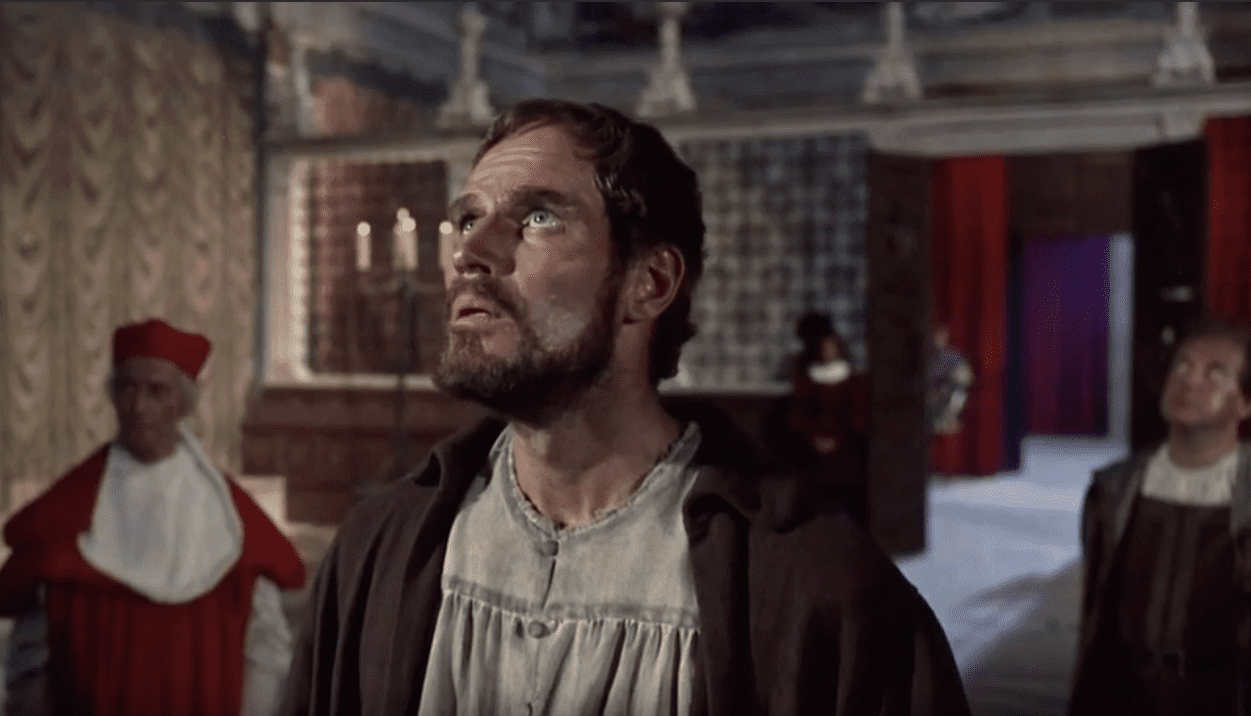 The Agony and the Ecstasy, Twentieth Century Fox
The Agony and the Ecstasy, Twentieth Century Fox
28. He Couldn’t Change His Luck
Despite his work ethic, Heston couldn’t will his films following Ben-Hur to achieve the kind of success he’d become used to. He learned deep-water diving to play a salvage boat pilot in The Wreck of Mary Dearle right after Ben-Hur, and prepared to play Michaelangelo by reading hundreds of his letters and learning to “paint and sculpt convincingly.”
Unfortunately, this wasn’t enough to achieve success at the box office. But Heston kept trying and appearing in different genres of films. He also found some other causes he felt passionately about.
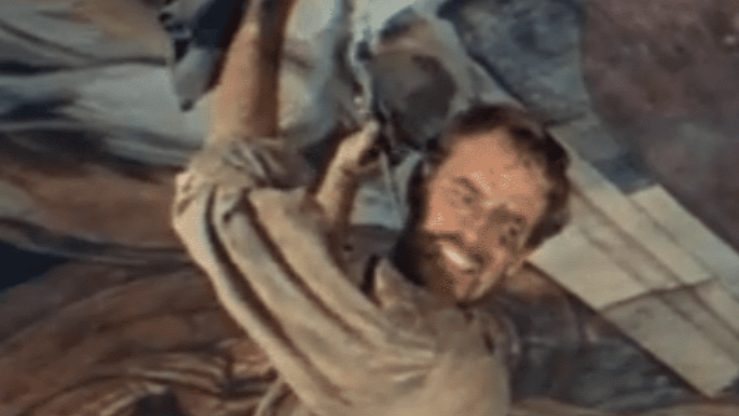 The Agony and the Ecstasy, Twentieth Century Fox
The Agony and the Ecstasy, Twentieth Century Fox
29. His Political Leanings Were Very Public
During the course of his life, Heston’s political affiliations changed several times. However, in his most successful period, he staunchly supported the Democrats. Heston firmly opposed the anti-Communist witch hunt being led by Republican Senator Joe McCarthy. He first supported presidential candidate Adlai Stevenson, who lost, and then John F. Kennedy, who won.
But there was another cause, dearer to his heart.
30. He Opposed Injustice
One thing everyone knew about Heston was his absolute support of what he felt was right. The man believed in civil rights at a time when many Hollywood celebrities looked the other way. And it wasn’t just token support either. He was present at the frontlines and very vocal about his belief in the cause.
31. He Stood With His Heroes
Heston greatly admired Martin Luther King Jr. and accompanied him in his later speeches. He called him the civil rights leader a “20th century Moses.” He also endorsed Lyndon B. Johnson, who spearheaded the Civil Rights Act of 1964 and got it through Congress despite opposition from other quarters. However, not everyone believed Heston's heart was in the right place...
32. Some People Don't Believe Him
Since Heston went on to make several controversial choices later in his career, many of his critics started casting doubts and aspersions on the good he’d previously done as well. One common belief was that he’d exaggerated his involvement in the civil rights movement. Heston didn’t care for such naysayers though. He was just glad he’d stood for civil rights “long before Hollywood found it fashionable.”
33. He Changed Gears
At one point a staunch Democrat, Heston’s outlook seemed to change completely in later years and he became a registered Republican in 1987, though he apparently voted for Republican President Richard Nixon in 1972 as well. He found nothing remarkable about the shift, claiming it wasn’t him, but the Democrats who’d changed.
However, when you look at his flip-flopping opinions, we'd beg to differ.
34. He Shifted To The Right
Here's something a lot of people don't realize: Heston was originally one of the Hollywood celebrities to endorse and publicize piece control measures when he stood in support of the Piece Control Act of 1968. Over the years though, he made a 180-degree turn and became one of the country's biggest proponents of arms possession and a huge supporter of the NRA.
35. He Led Some Groups
Although an actor first and foremost, Heston participated in various committees as well. He followed his “friend and role model,” Ronald Reagan, and served as the president of the Screen Actors’ Guild from 1966-1971. He went on to become co-chairman of Reagan’s Task Force on Arts and Humanities and defended it when people criticized it for being elitist.
Heston was president of the NRA for five years too. It may have been a ceremonial post, but it established him as a fervent supporter and the face of the NRA for the rest of his life. But that didn’t mean he’d given up on acting.
36. He Kept Working
Being politically active didn’t mean Heston had given up acting. Far from it. And while he didn’t achieve Ben-Hur-like success, quite a few of his films did really well at the box office. These included epics like El Cid and Major Dundee, but also sci-fi films like Planet of the Apes, The Omega Man. He even dipped his toes into full-on action movies later on!
Although it didn’t do well commercially, Will Penny was Heston’s personal favorite in his body of work. He received glowing critical reviews for it, for casting his usual macho image aside and playing a more understated character.
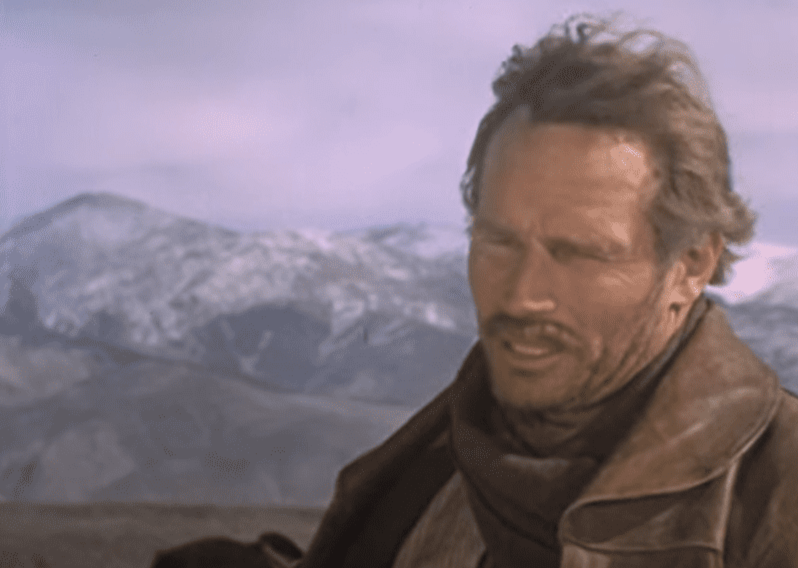 Will Penny (1968), Paramount Pictures
Will Penny (1968), Paramount Pictures
37. His Work Evolved
Heston had originally set out to work on stage, so it wasn’t hard for him to go back to it when film roles started drying up. He tried acting in a soap titled The Colbys for primetime TV as well for two years. In the late 80s he teamed up with his son Fraser—baby Moses, remember?—to produce and work in quite a few TV movies.
He even hosted SNL twice and had a cameo in one episode of Friends in the 90s. However, though he kept working, he was so much more than an actor.
38. He Was An Artist
Heston wasn’t just good at performing arts, he had a skill for the fine arts too. He loved sketching, and would often spend downtime on set making sketches of the cast and crew. He made so many that his family later compiled them and included them in Heston's book Charlton Heston’s Hollywood: 50 Years in Film.
39. He Was A One-Woman Man
Hollywood doesn’t usually have a lot of fairy-tale endings. A lot of people’s marriages end in divorce, but Heston and Lydia weren’t one of those couples. Sure, their marriage saw its share of highs and lows—Heston’s daughter admits it was hard on her mom to deal with his ling time female fans—but they honored their vows and stayed together in health and sickness too.
40. He Was A Survivor
The Hestons were both cancer survivors. Lydia Clarke battled against chest cancer and Heston against prostate cancer. Thankfully they both got treatment at the right time and were able to beat the disease. Unfortunately, that wasn’t the only thing Heston would battle against.
41. He Had His Share Of Struggles
Heston disclosed that he had gone to rehab to fight against alcoholism. He admitted that he wasn’t so far gone that he was slurring his words or falling over, but he realized quickly that he had become addicted to drinking, and he wanted to deal with it before it became a bigger problem. Was it his reliance on the bottle that prompted his famous speech at the NRA convention?
42. He Took The Second Amendment Very Seriously
In 2000, before he disclosed going into rehab, Heston participated as a speaker at the annual NRA convention. He famously raised an arm above his head and declared that Al Gore—who was running for president at the time—would have to come and take it “from [his] cold, gone hands.” He had a personal collection of 30 such items at his home.
Heston couldn't have realized it at the time, but that speech would come to dominate the rest of his life.
43. He Gave A Controversial Interview
When Michael Moore made Bowling for Columbine, he came to interview Heston, to ask him if he was still a staunch supporter of the Second Amendment considering what havoc someone with a piece had wreaked on a school. It did not go well. Heston confirmed that he was, and stated that such incidents may be more common in the US because of “mixed ethnicity” or history.
He excused himself and walked away before the interview had finished. Moore received criticism on this interview because some viewed it as an ambush—but that wasn't the only reason.
44. He Was Fighting On Another Front
Shortly after Moore conducted his interview, Heston announced that he had Alzheimer’s. He made the revelation through a taped message. When Bowling for Columbine came out in 2002, many felt Moore should have axed the interview considering Heston’s mental condition at the time of giving it. One person, in particular, was very upset with Moore.
45. He Had One Good Friend
While Heston didn’t have many friends in showbiz, there was one person with whom he did have a close friendship. Kirk Douglas had completely different political views, but the men were able to keep those differences aside and get along with each other. Douglas was very unhappy that Moore had chosen to keep the interview in his film, and declared that he could never forgive him for that.
But although he had some friends in his corner, Heston also made some notable enemies.
46. He Wasn’t A Fan Of Some Co-Stars
With a career as prolific as Heston’s, one is bound to work with several people, and it isn’t always necessary to get along with them. Heston preferred his own company for the most part anyway, but he had a civil relationship with most of his co-stars. He made no secret about having “zero chemistry” with Sofia Loren though. Or that he thought she cared too much about her beauty.
He similarly had no time for Ava Gardner, who remained inebriated for most of the time they filmed together. But there was one person who particularly invoked his ire.
47. He Had A Temper
Heston always got along well with his directors, but there was one exception. Sam Peckinpah, who directed him in Major Dundee, made him furious when he changed some things up and swore at Heston for not keeping up with the changes. Heston's reaction was deranged. The actor saw red and drew his saber, spurring his horse and galloping at full speed towards Peckinpah.
Who knows what would have happened if the director hadn’t stepped quickly aside. Needless to say, there was no love lost between the men from that point onwards.
48. He Had Other Contentious Opinions
Heston had been against the Vietnam W, but completely supported of the one fought in Iraq. He was vocally anti-abortion and railed vehemently against “political correctness” because he felt it was cowardly not to be able to share your unfiltered opinion and said as much when he addressed Harvard Law students once.
49. He Faded Away
Heston’s health deteriorated quite rapidly after he announced he had Alzheimer’s. Towards the end, he couldn’t even make it out of bed according to family and friends. Still, he lived for six more years. He passed from pneumonia at the age of 84, in April 2008. His wife and children were by his side. And while many did not agree with his opinions or the things he stood for, there is no denying that his passing signaled the end of an era.
50. He Left A Rich Legacy
Many mourned Heston’s passing; there were tributes from George W. Bush, who had also presented him with the Presidential Medal of Freedom in what would turn out to be his last public appearance, Nancy Reagan, and many others. There were over 250 people at his funeral with many Hollywood stars in attendance.
He received many honors posthumously, including induction in the National Cowboy and Western Heritage Museum's Hall of Great Western Performers, and induction as a Laureate of the Lincoln Academy of Illinois, in which the state awarded him its highest honor: The Order of Lincoln.

